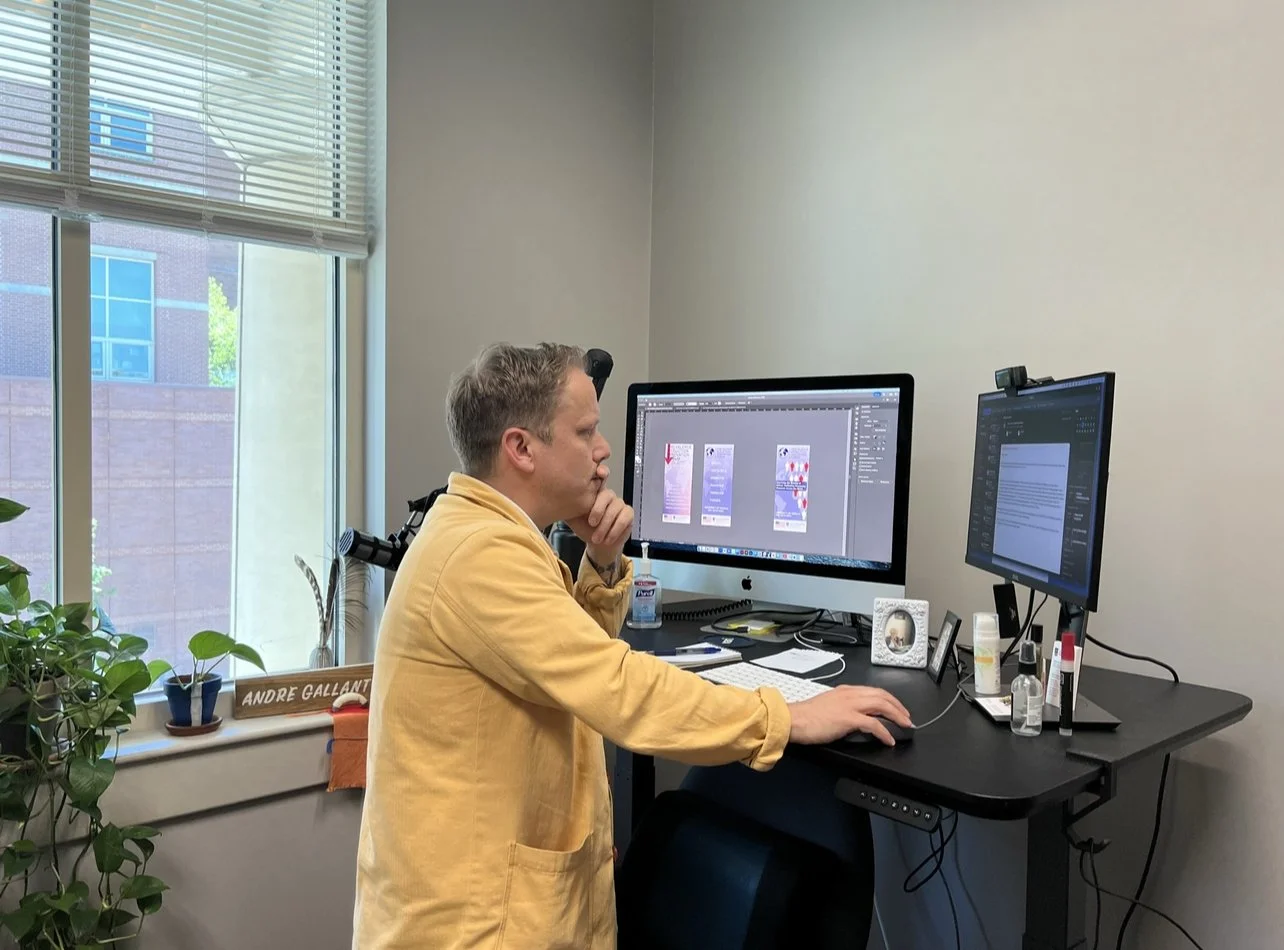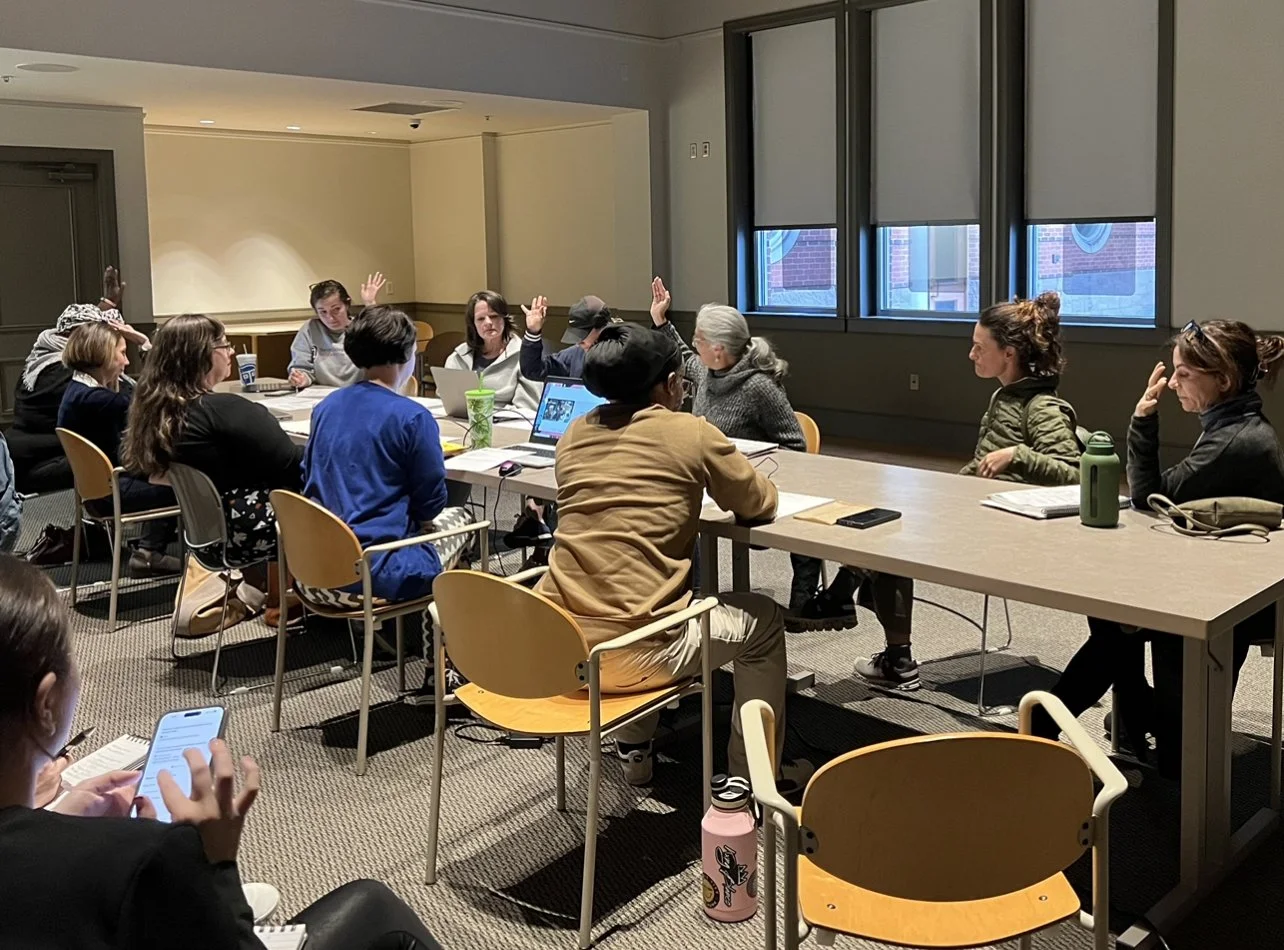State Botanical Garden of Georgia
Communications Intern | August 2023 - Present
published article: “Rare firefly identified in UGA’s State Botanical Garden”
University of Georgia Public Service & Outreach
summer camp 2024 highlight reel
Georgia Pollinator Plants of the Year 2024 promotional materials


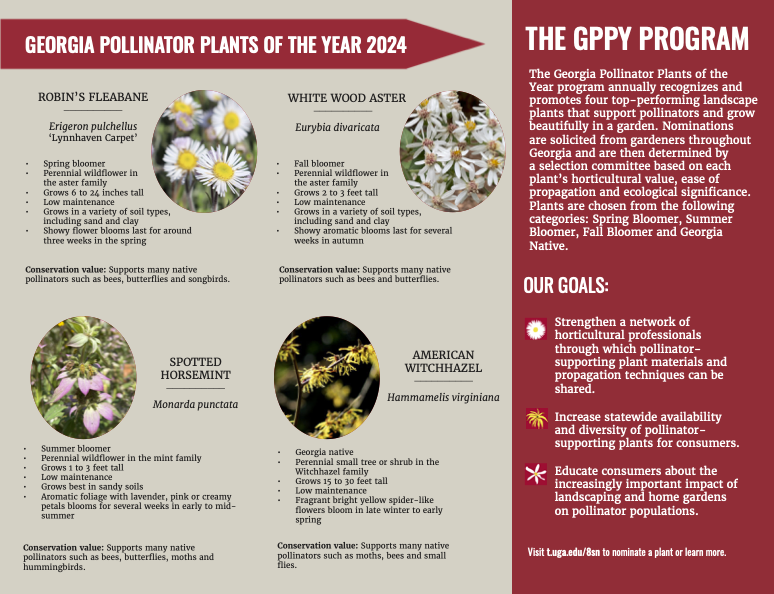



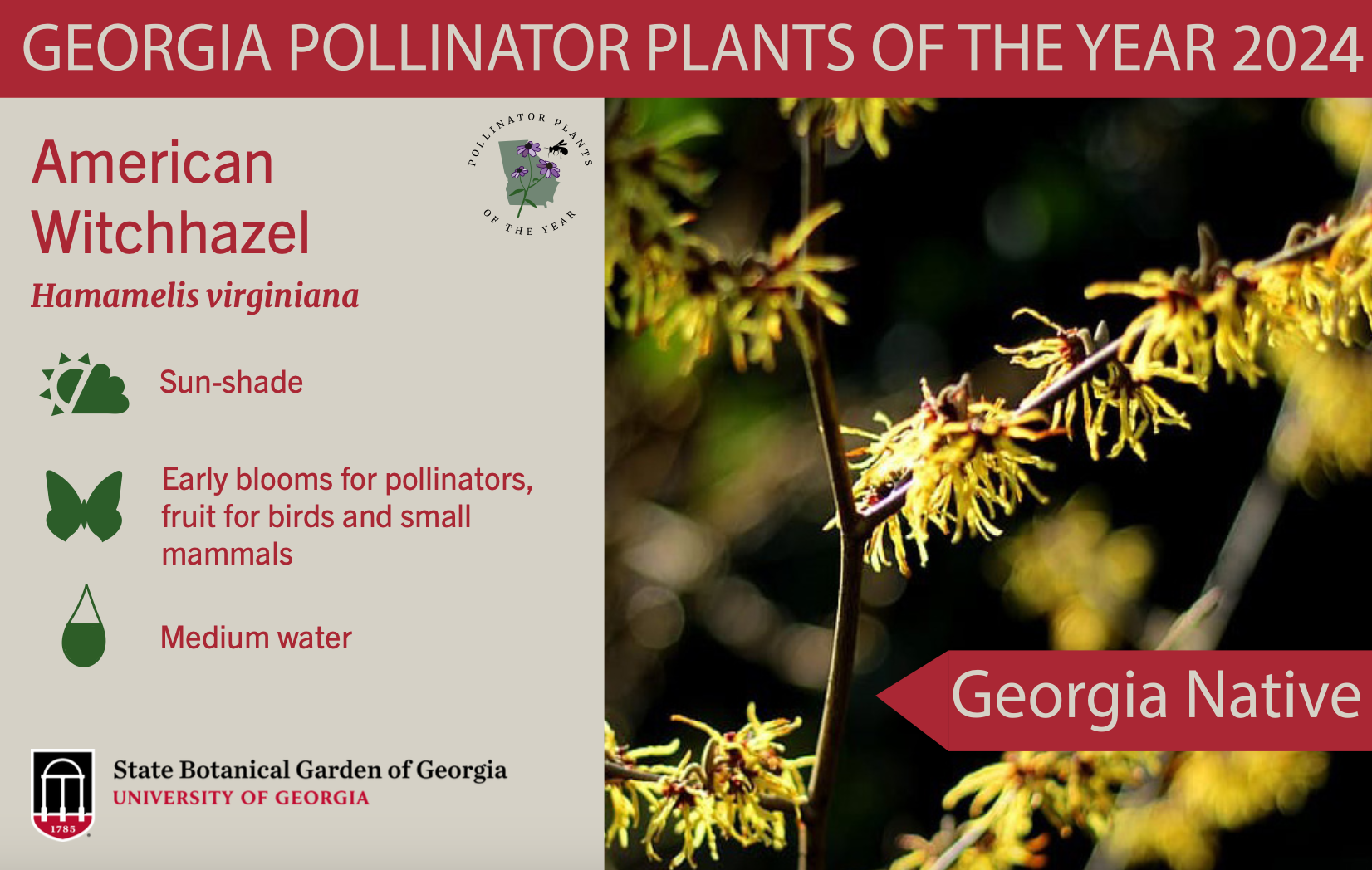
visit from Joan Mooney, principal deputy assistant secretary for policy, management and budget for the U.S. Department of the Interior
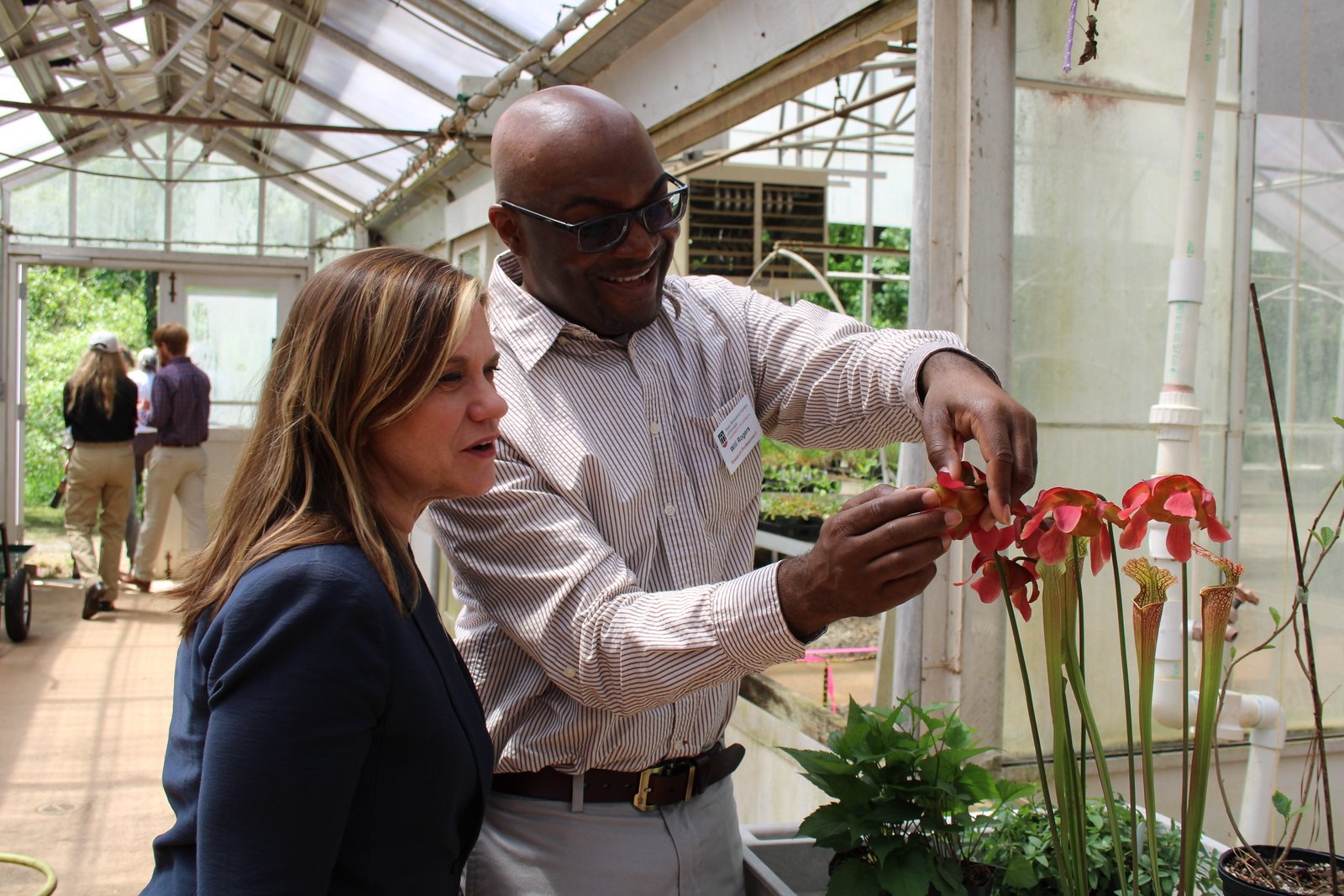


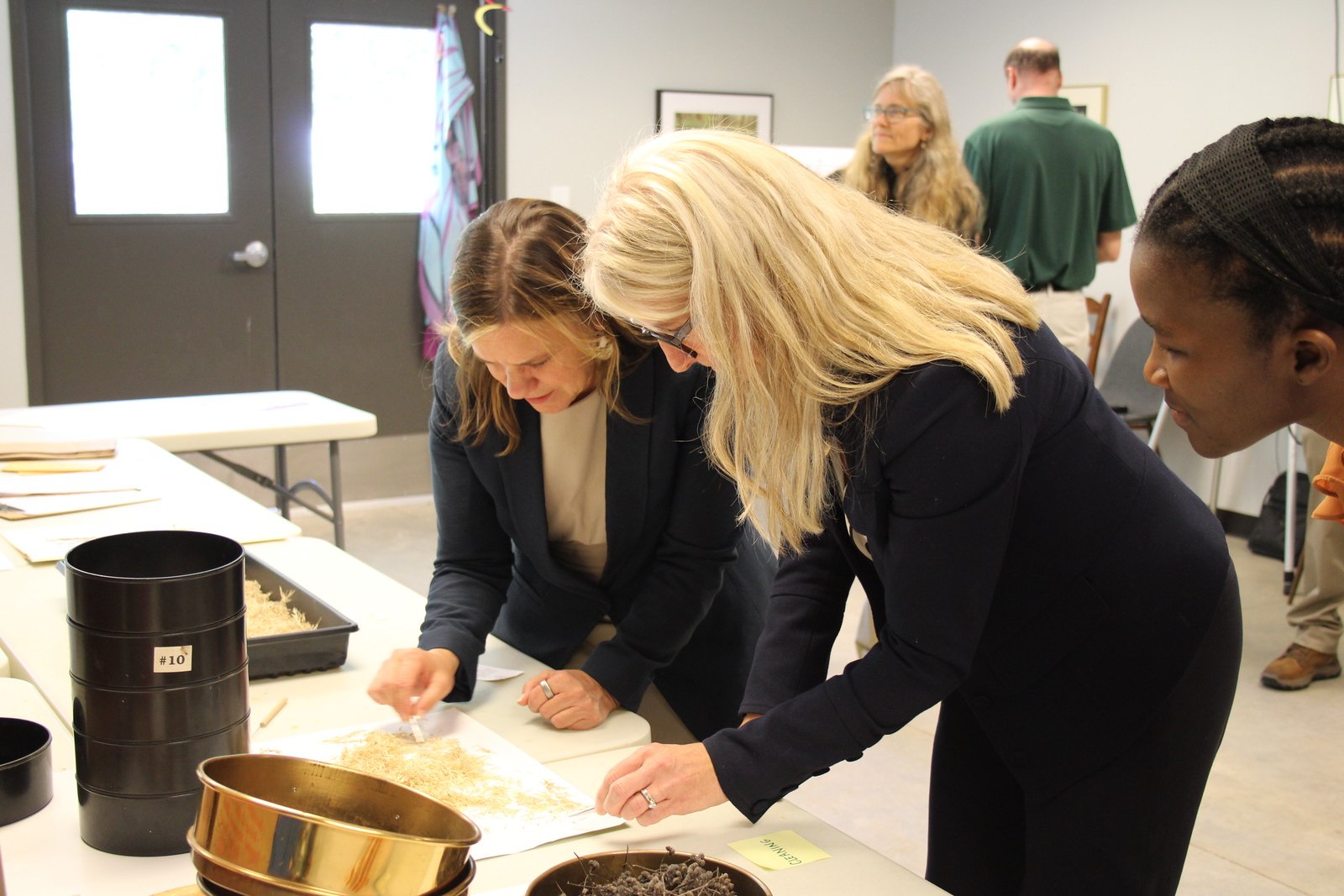


the University of Georgia’s “Hairy Dawg” mascot at the garden’s light show









garden photography
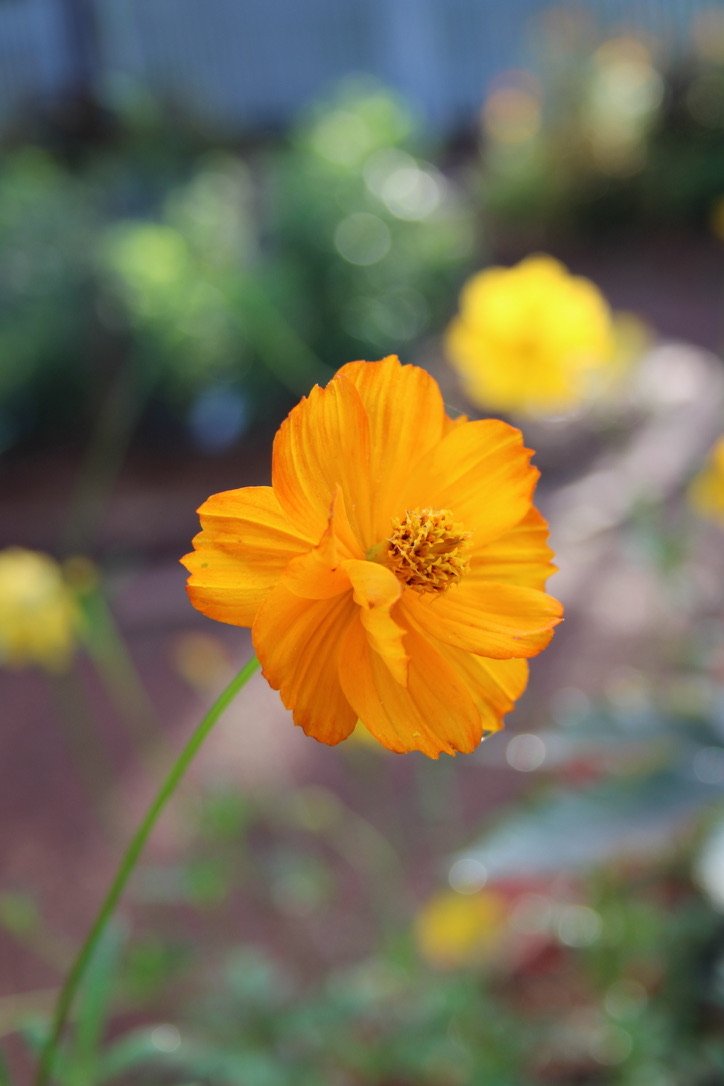


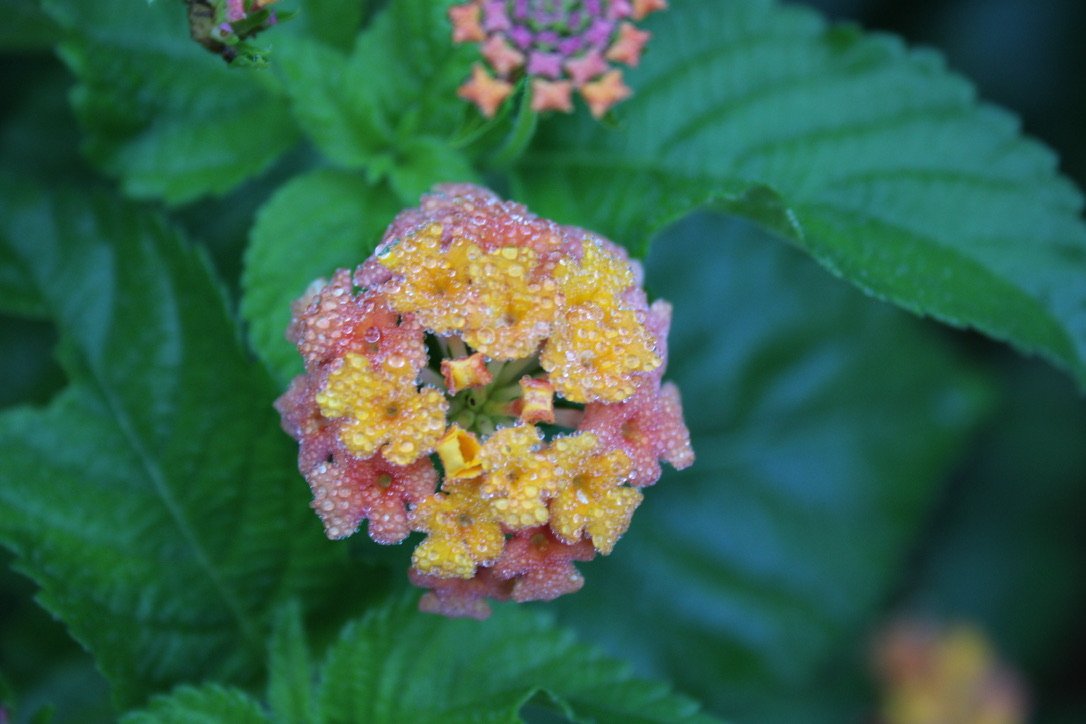
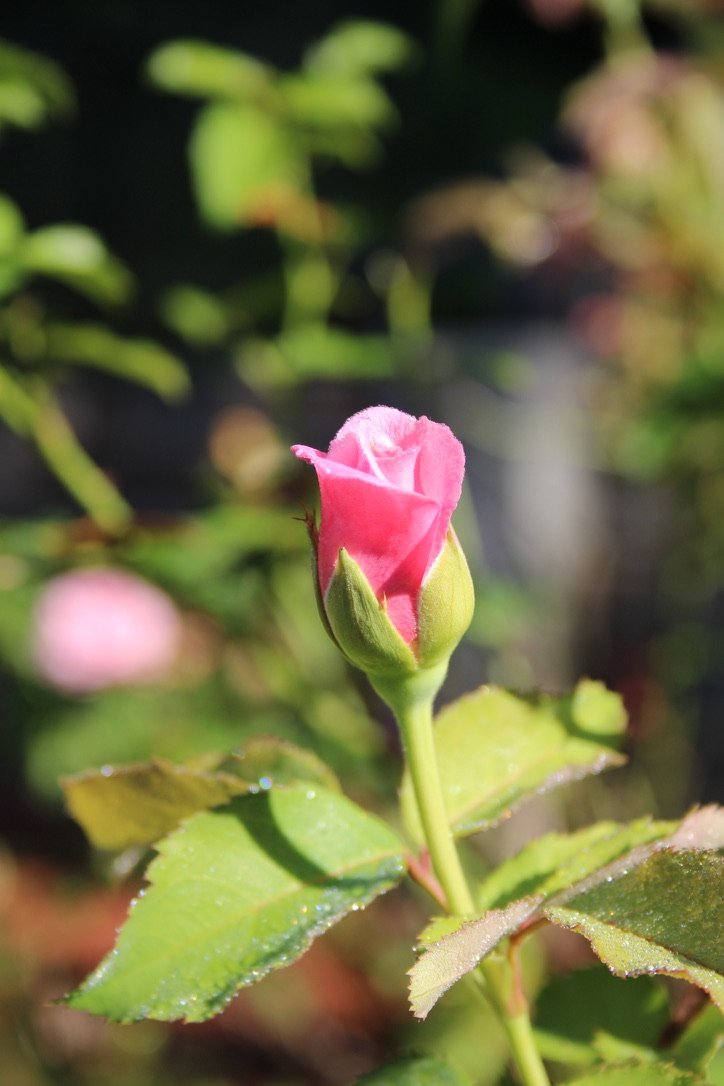


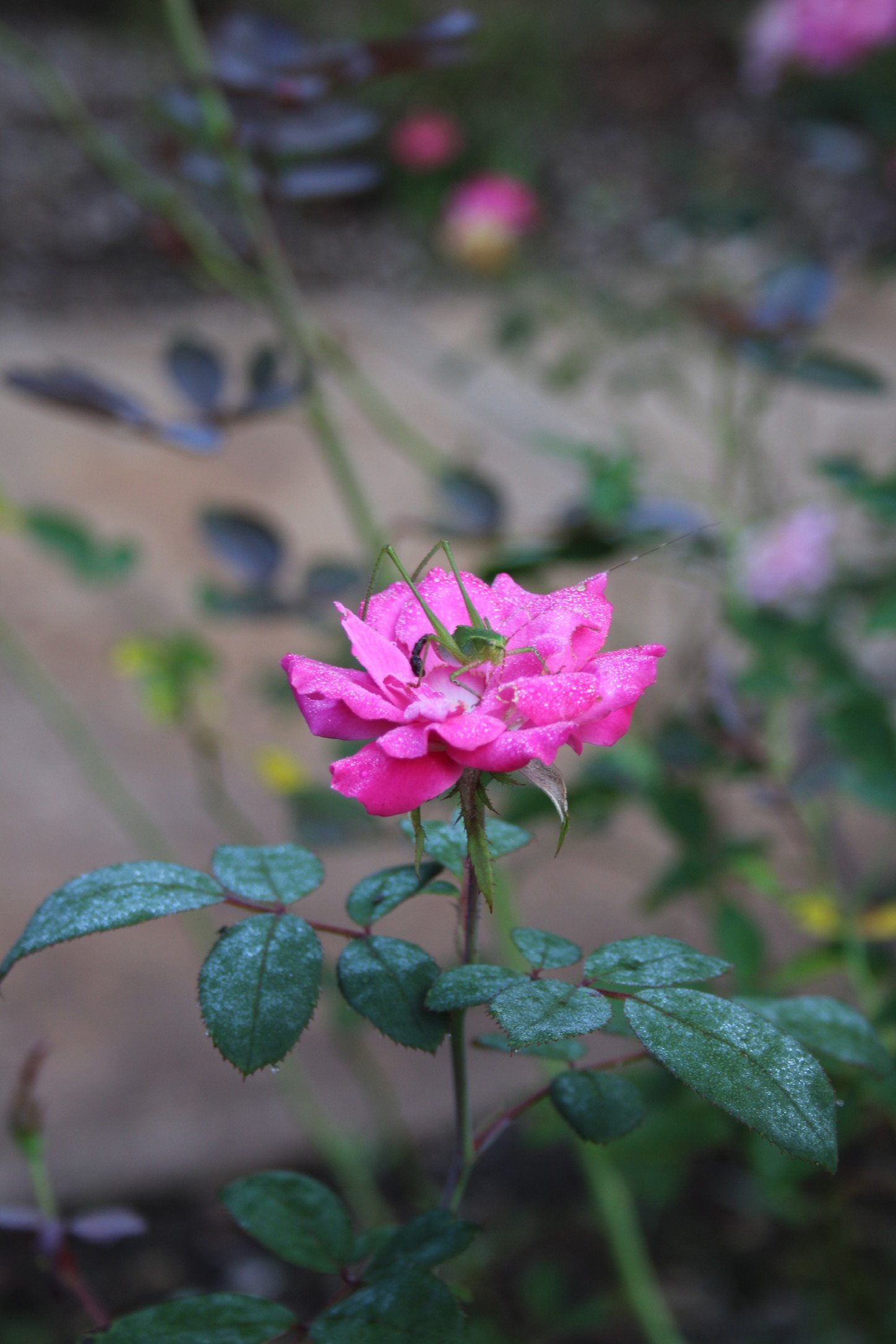
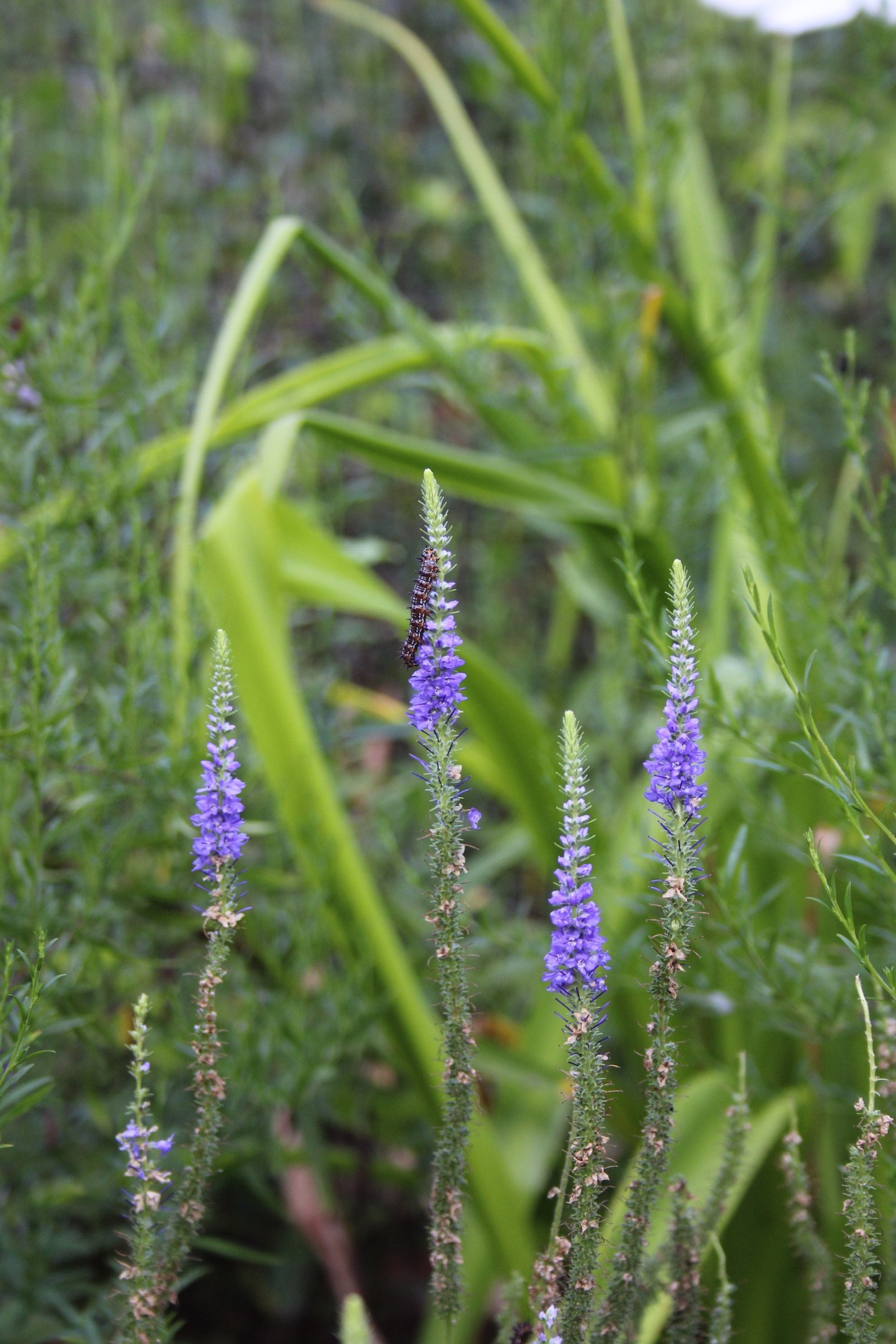
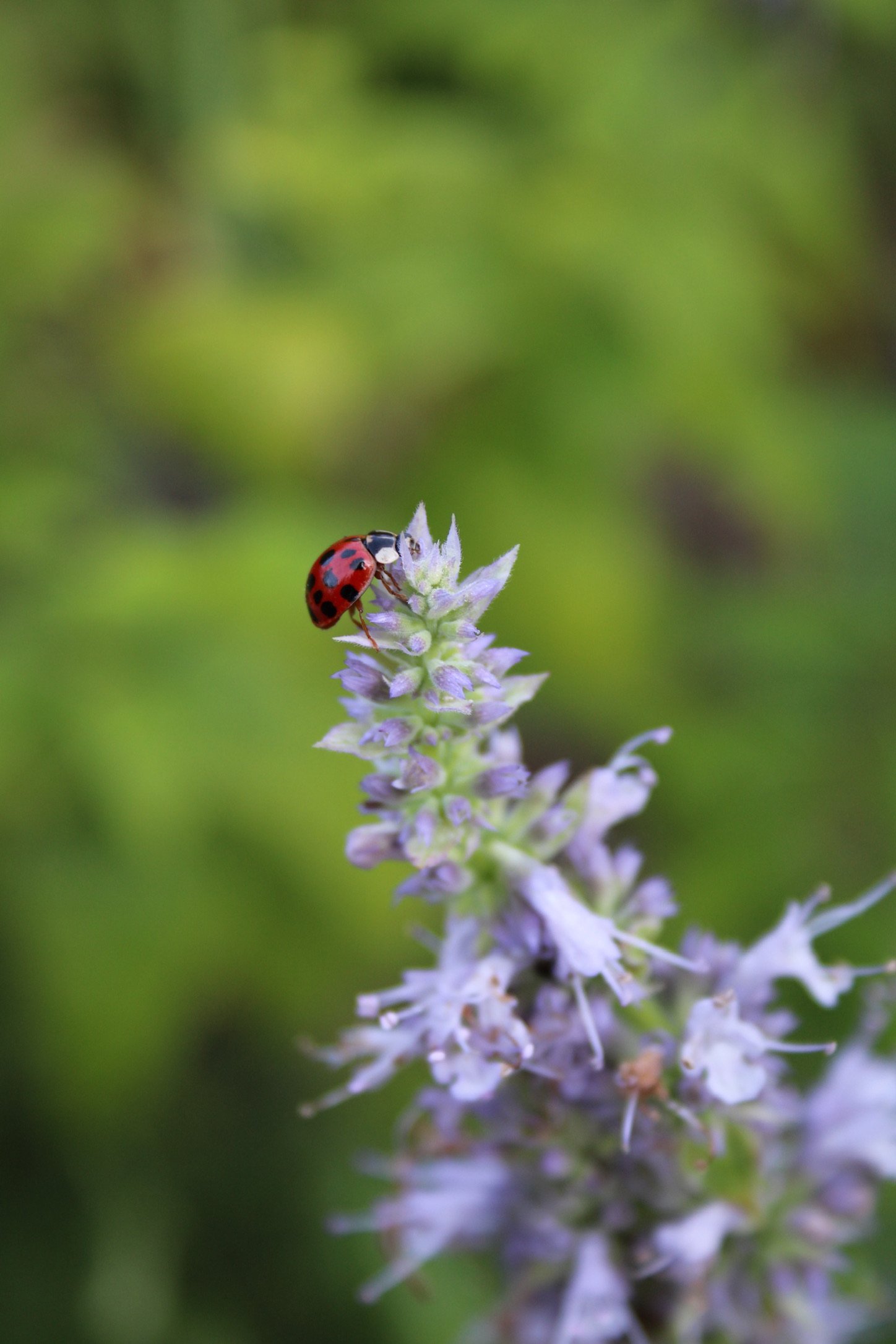
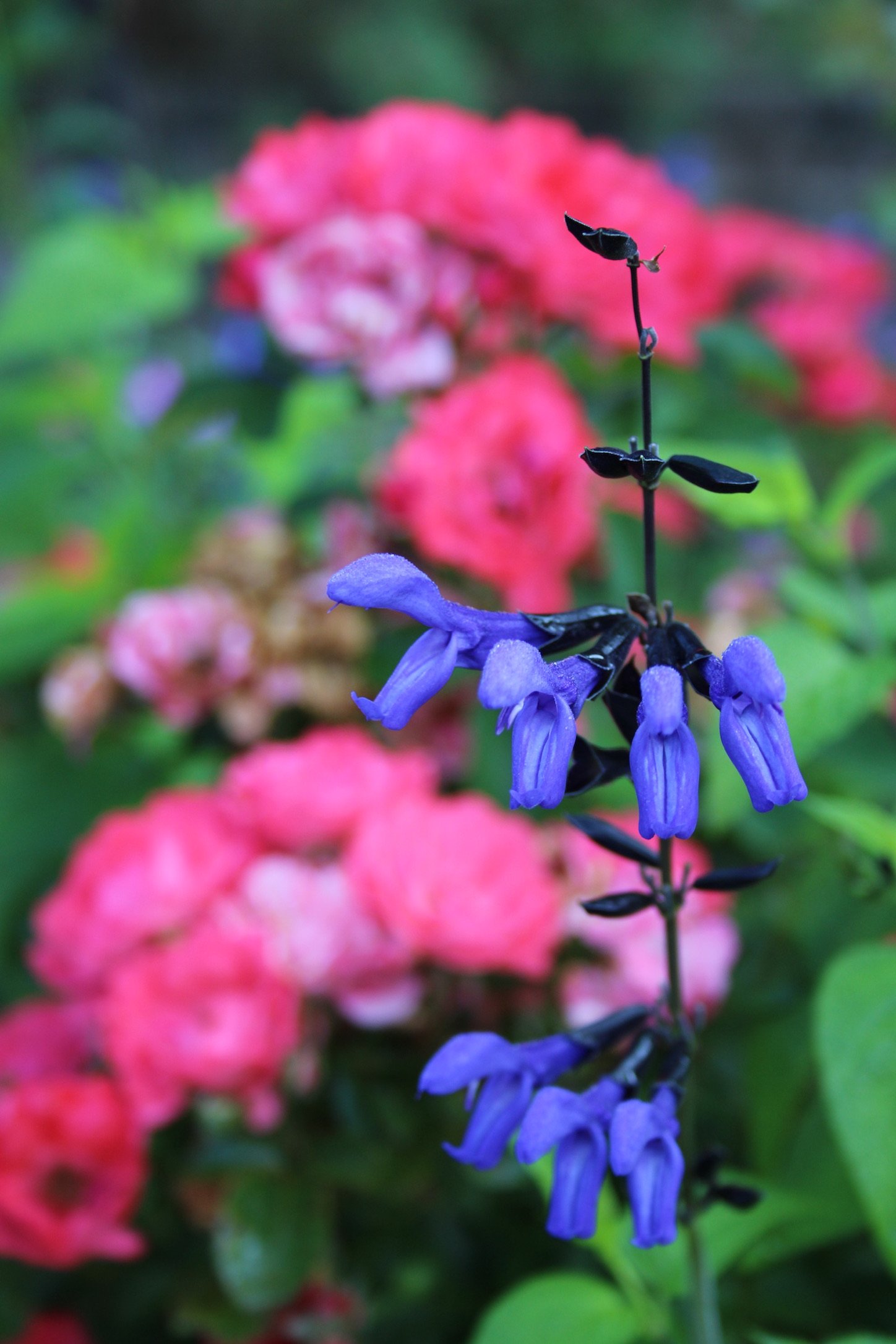
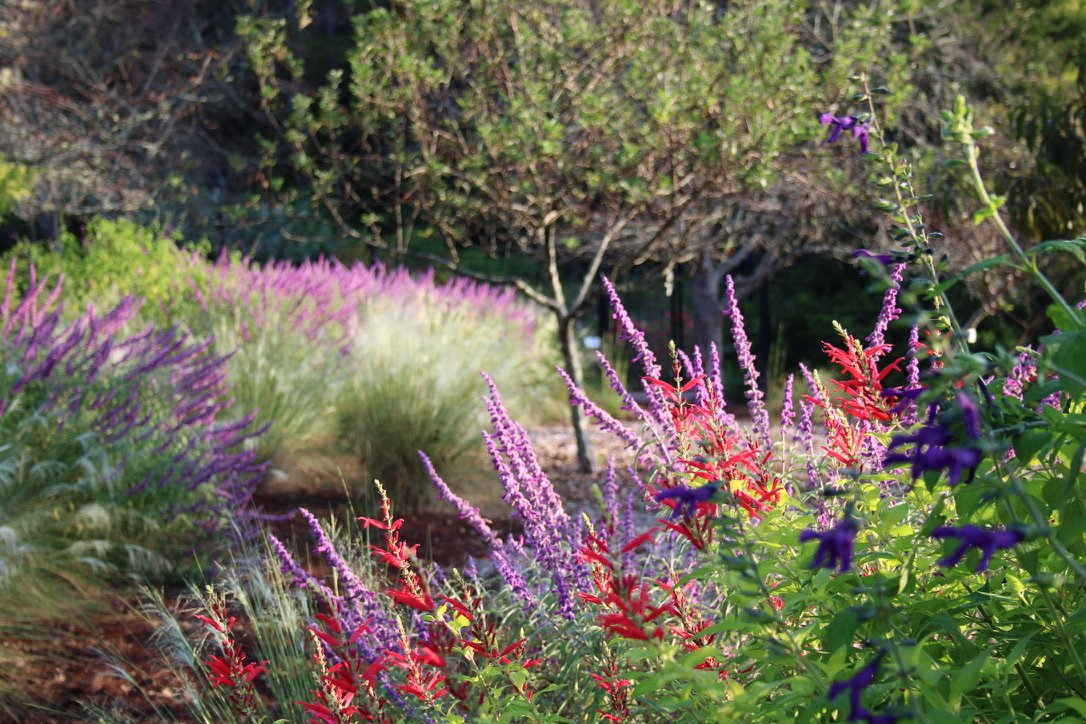
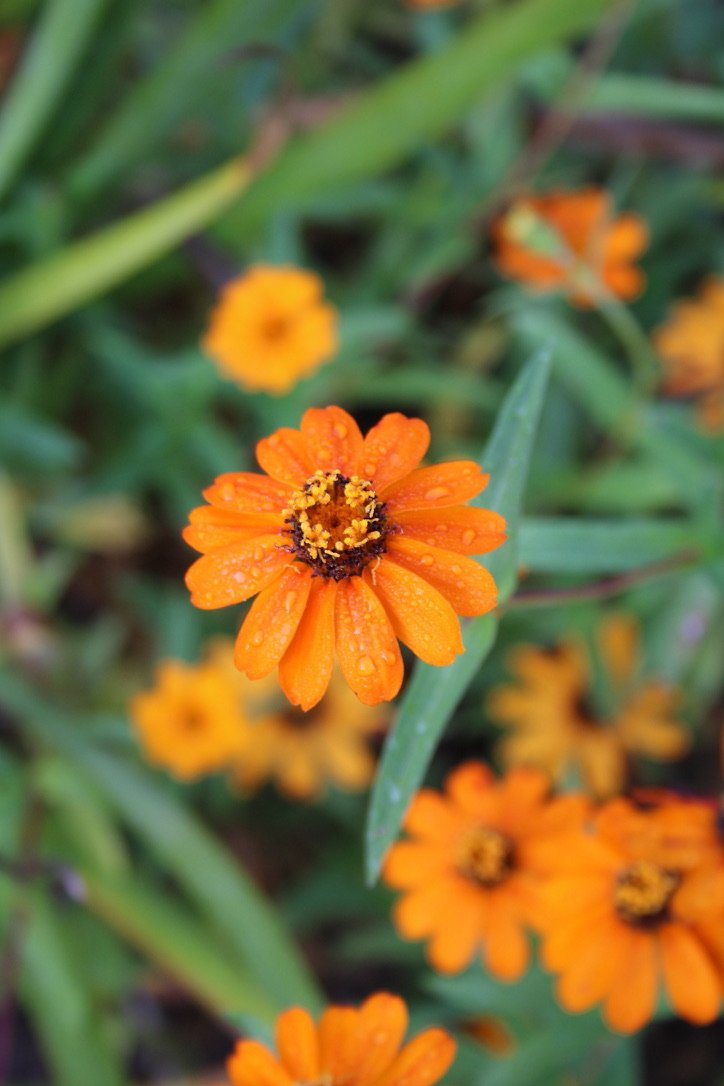
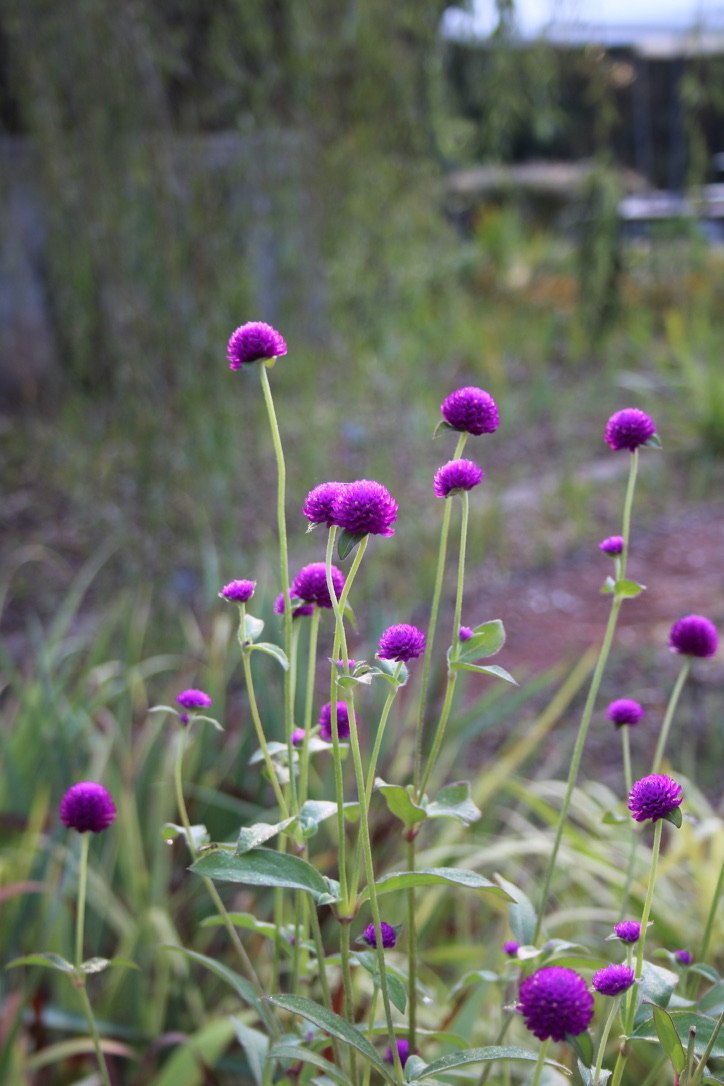



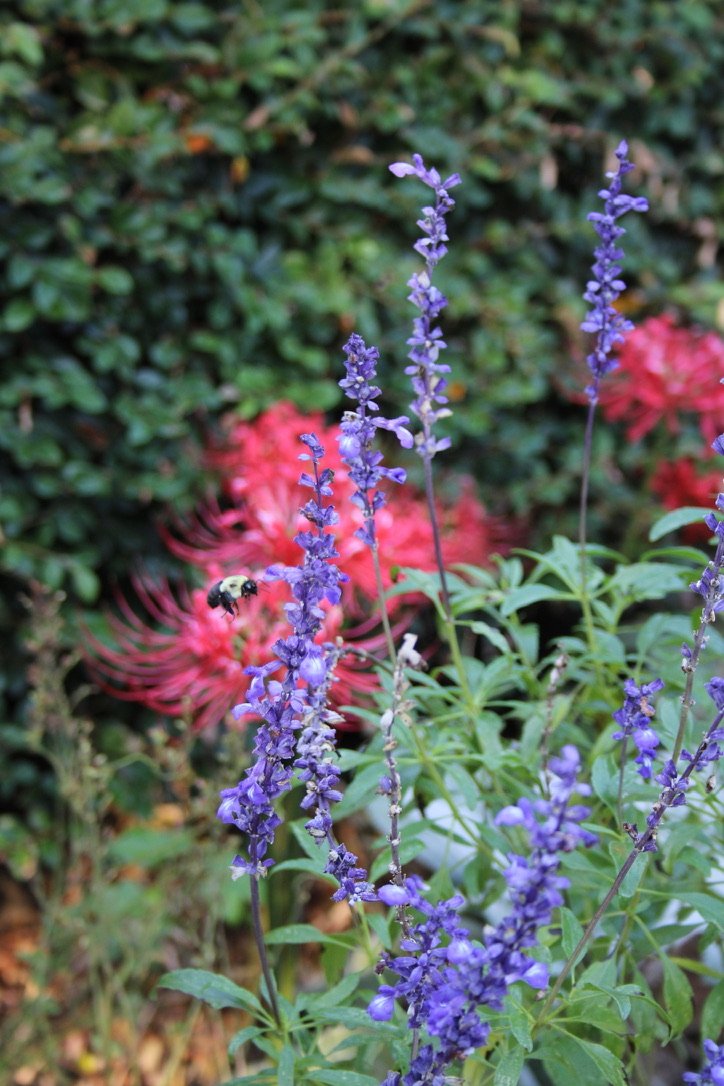
event photography
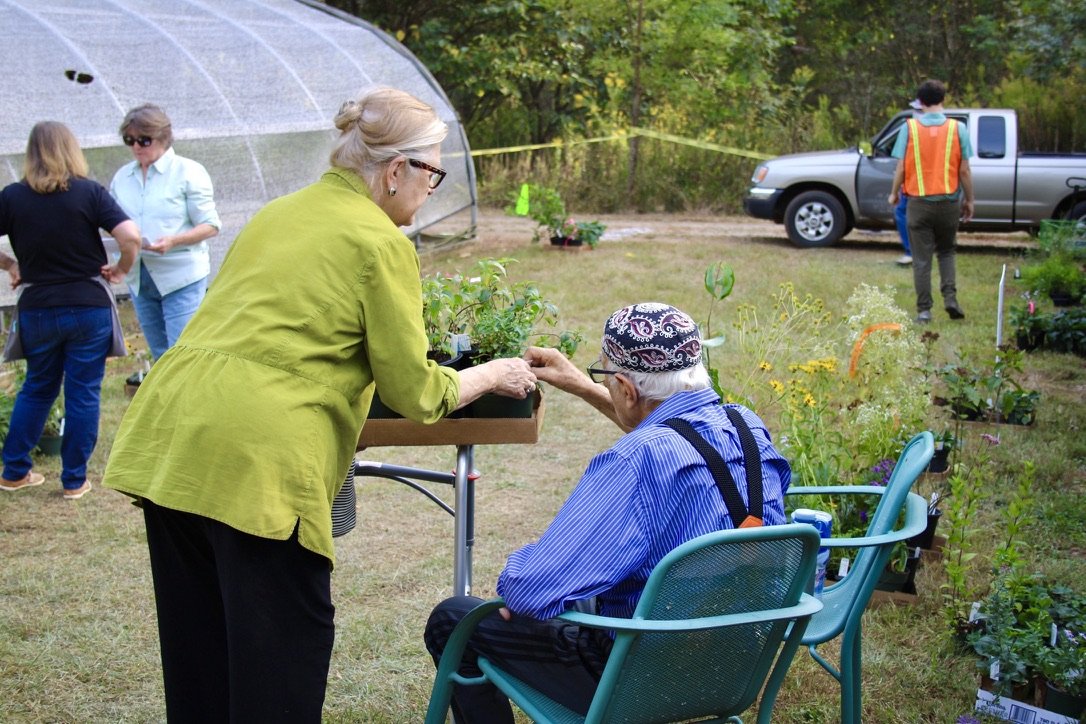
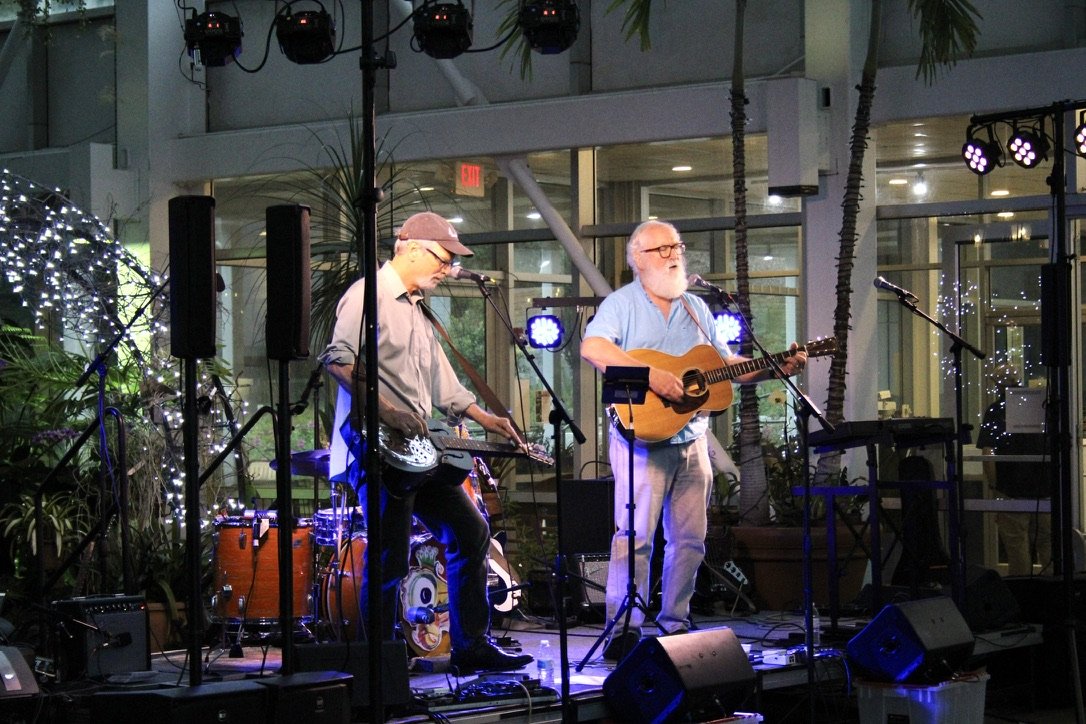
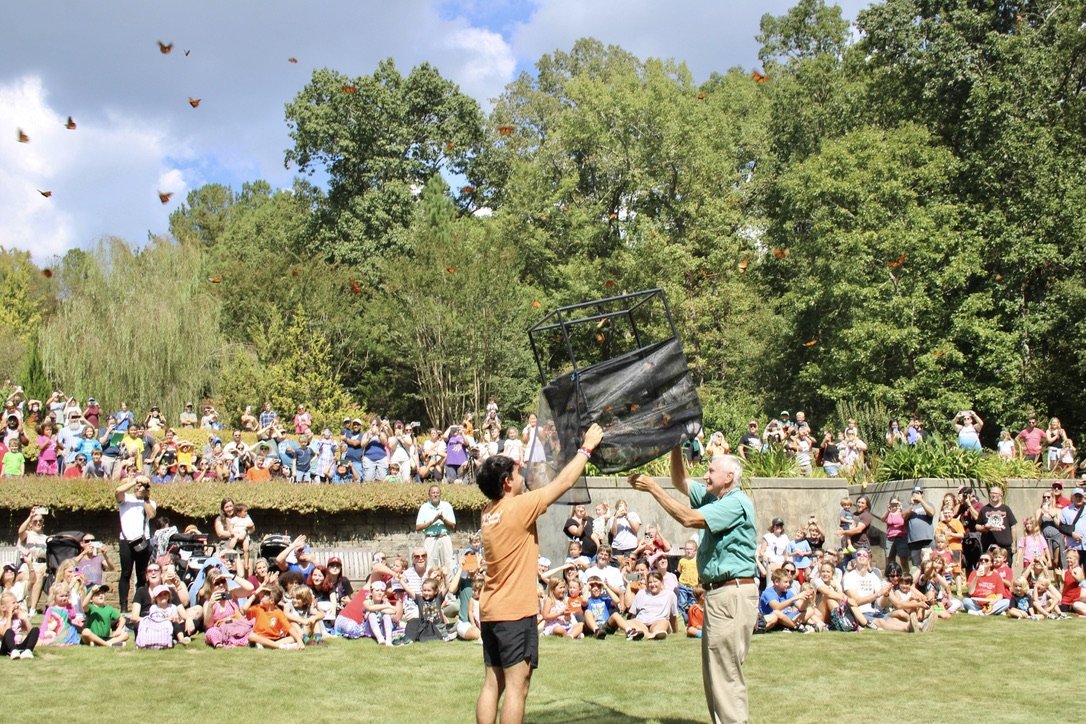
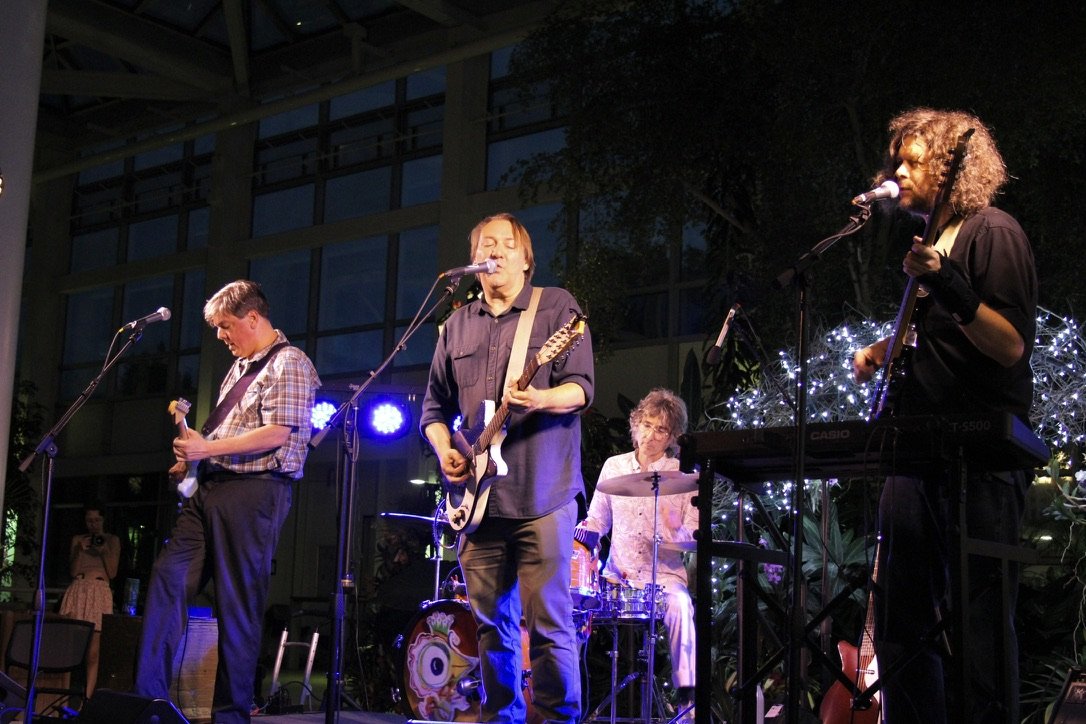
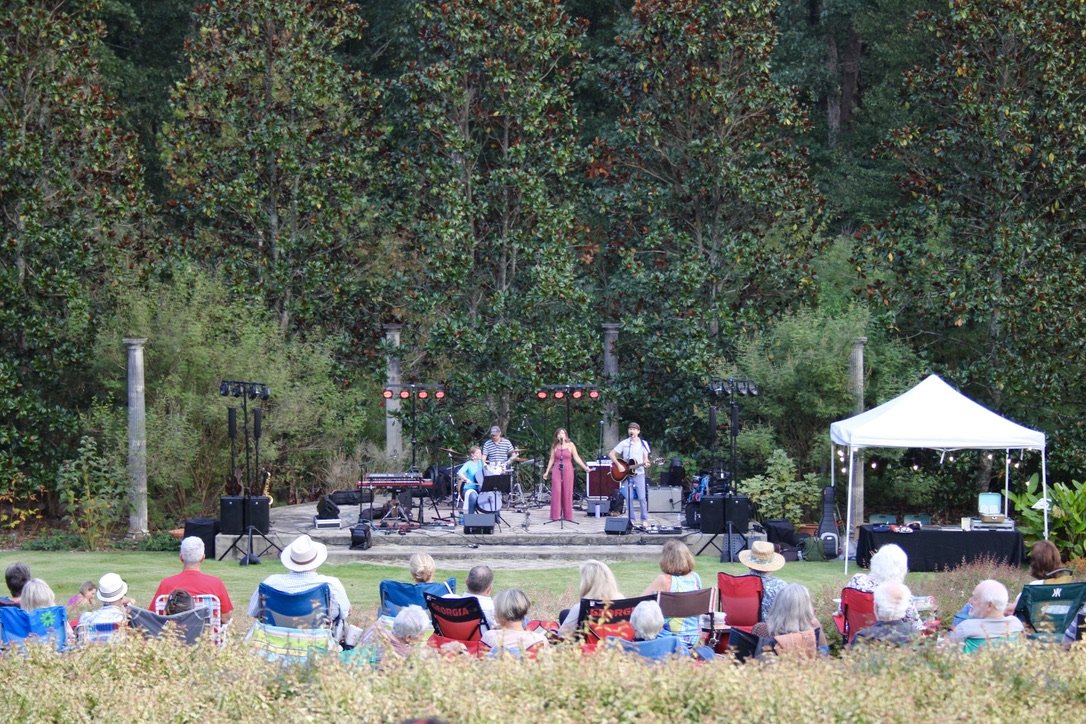
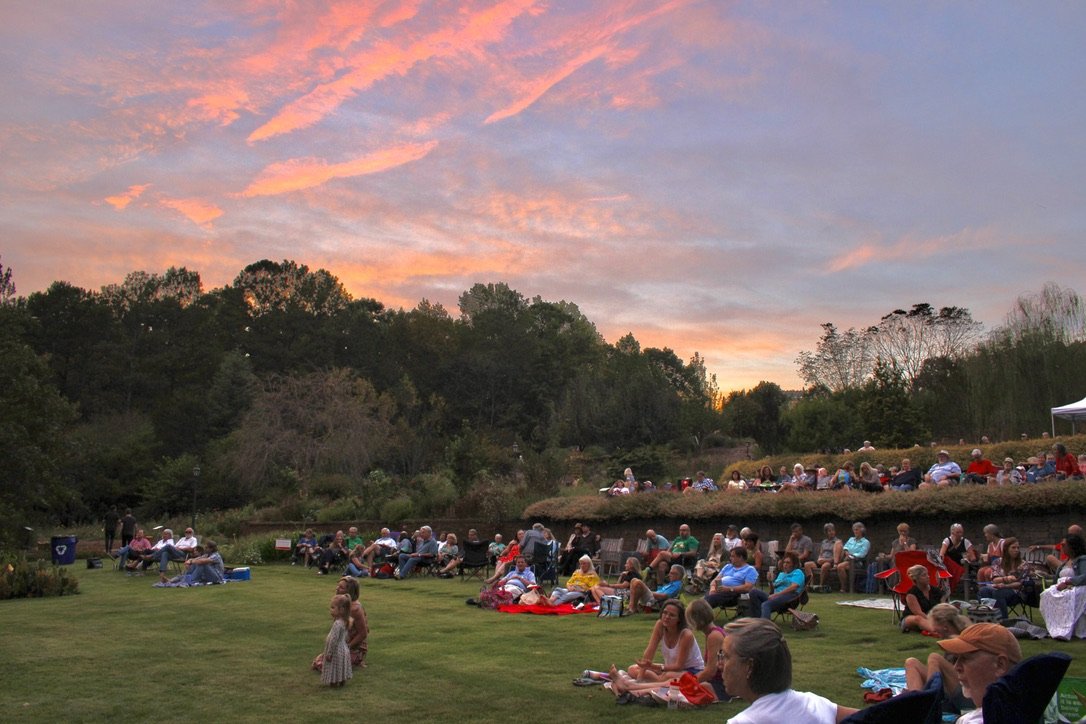
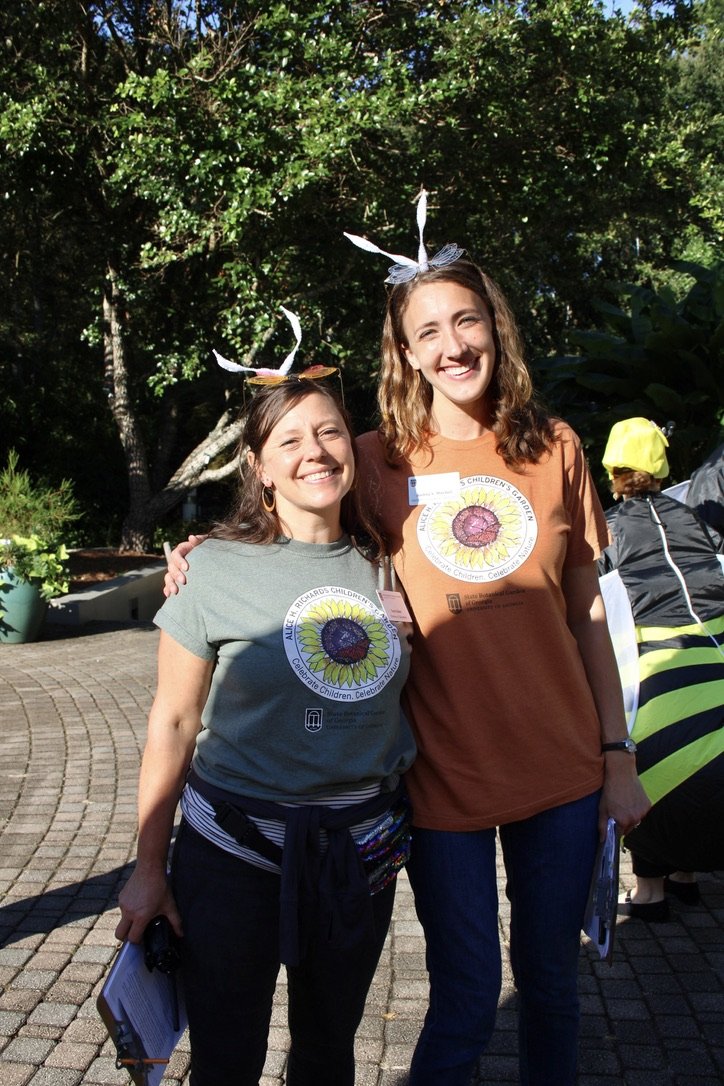
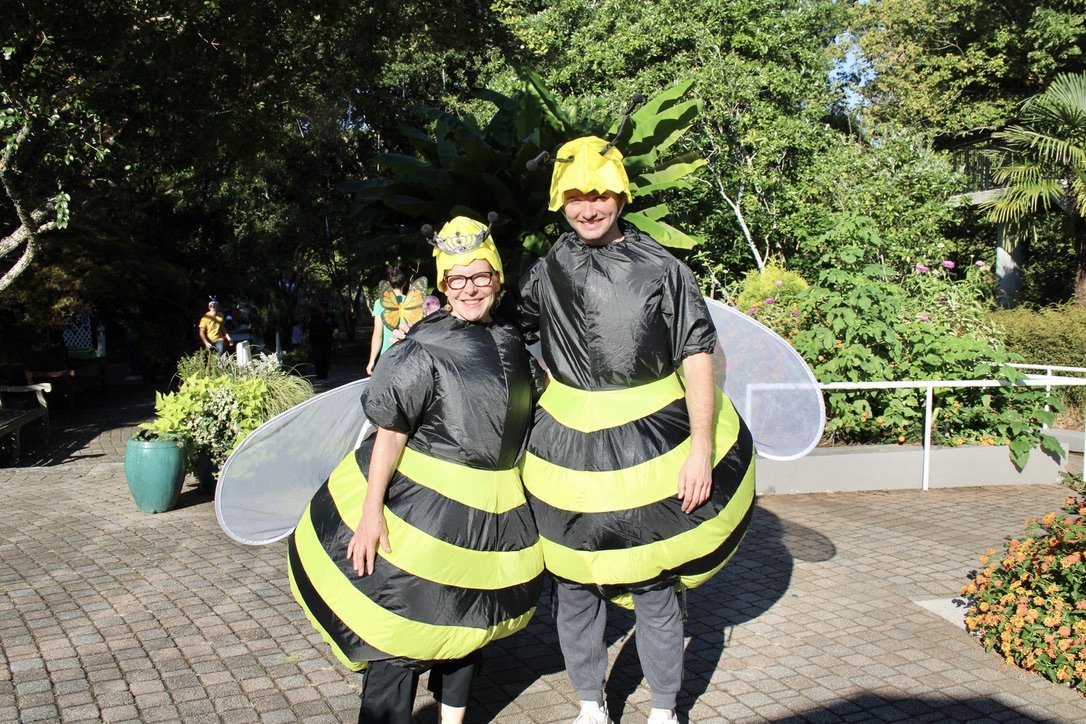
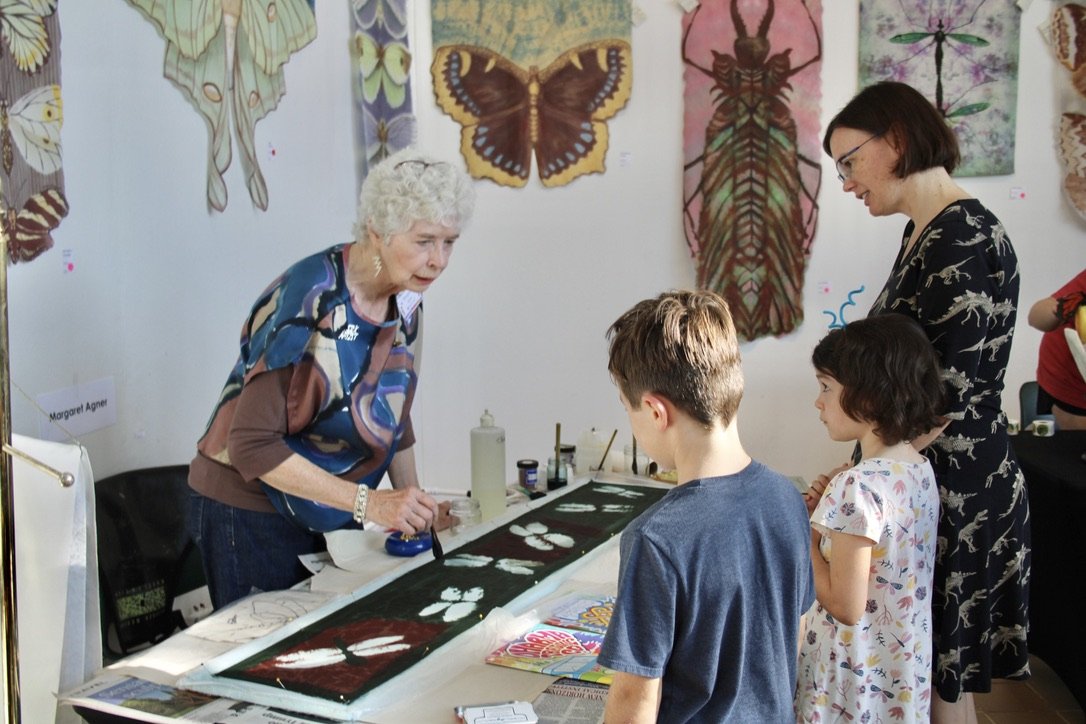
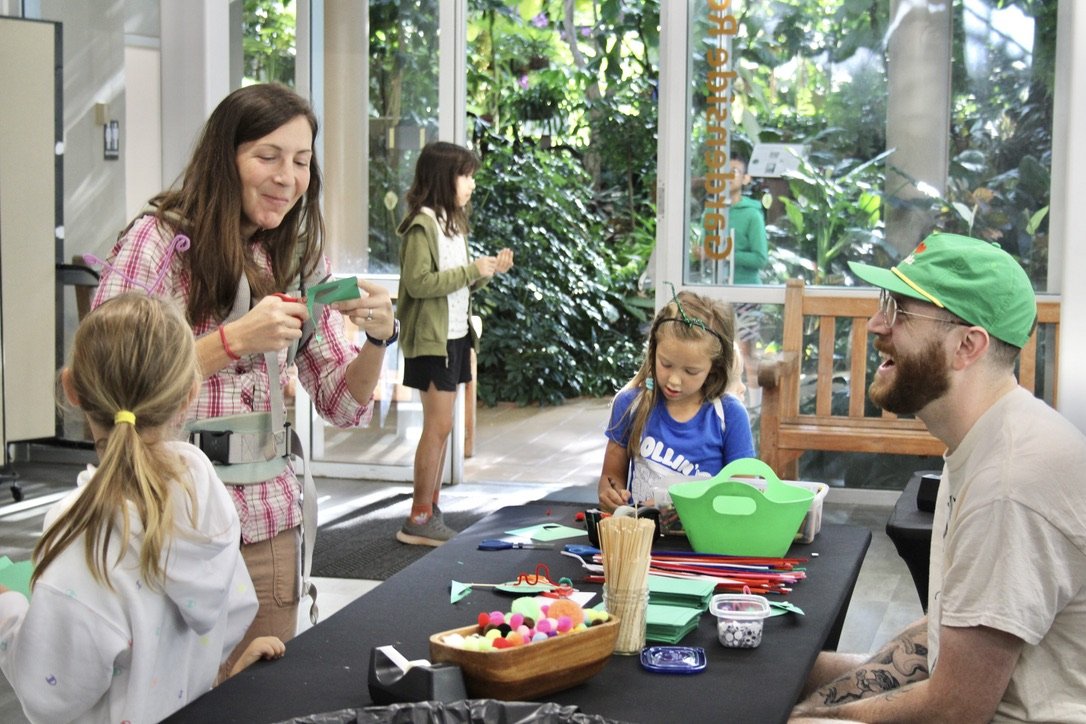
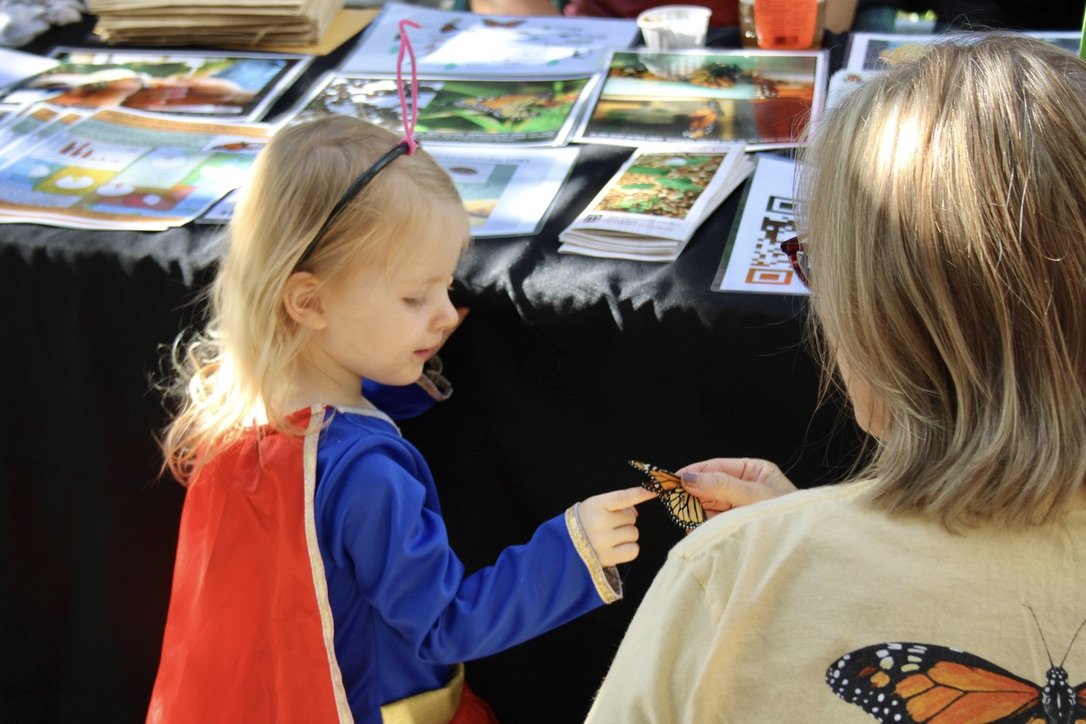
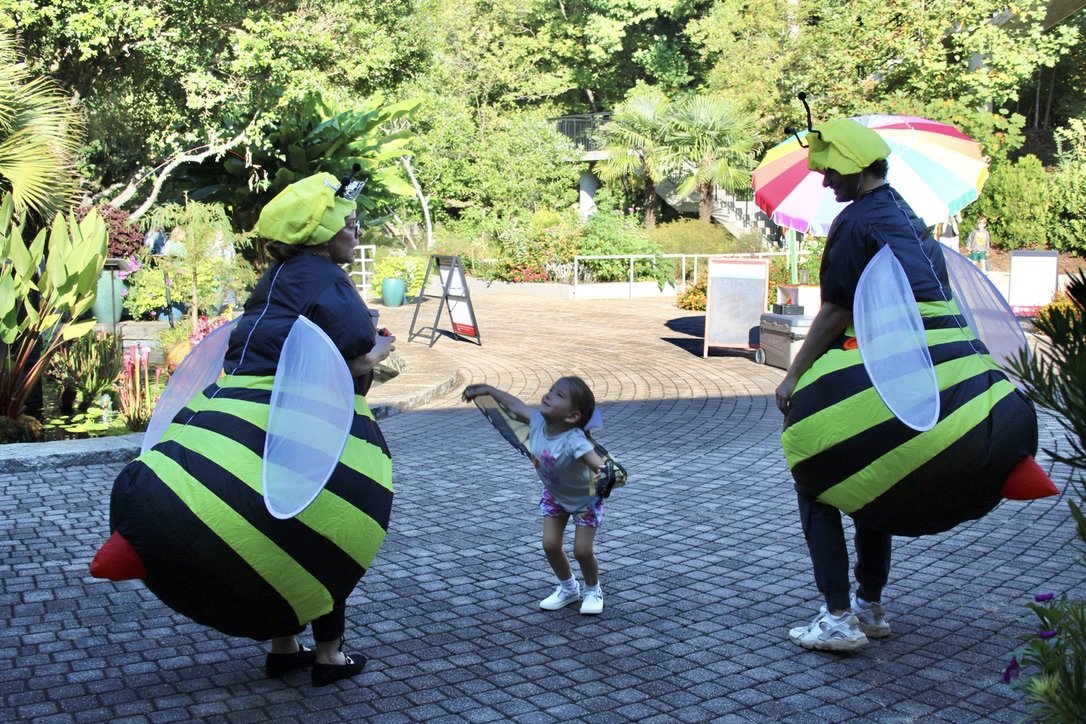
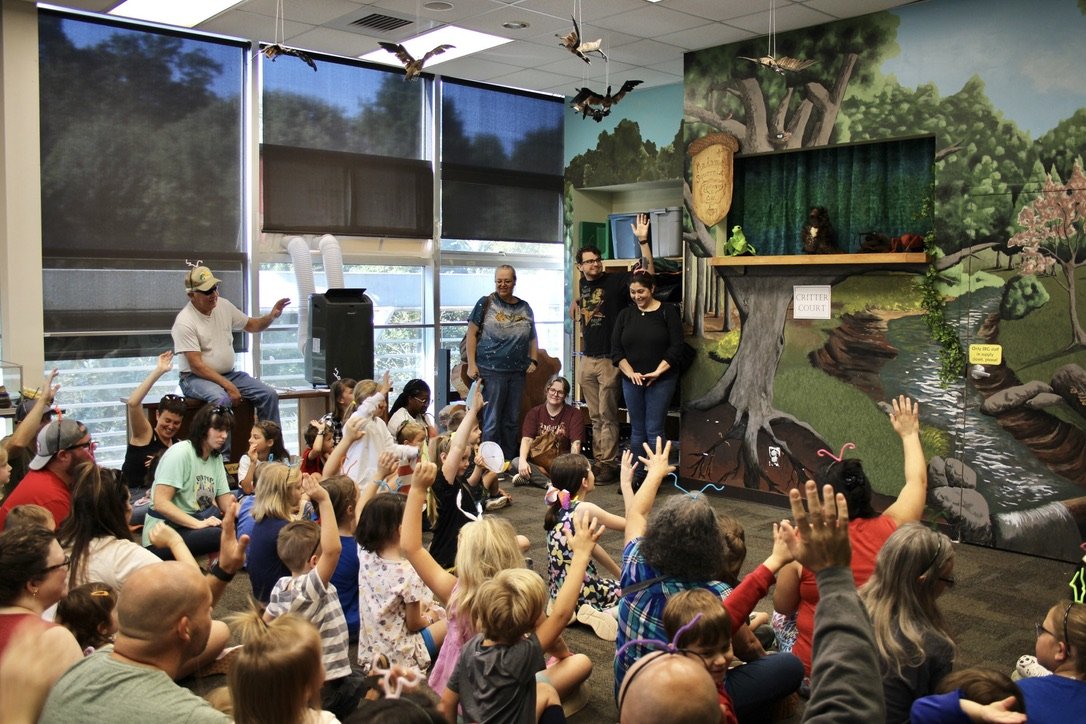
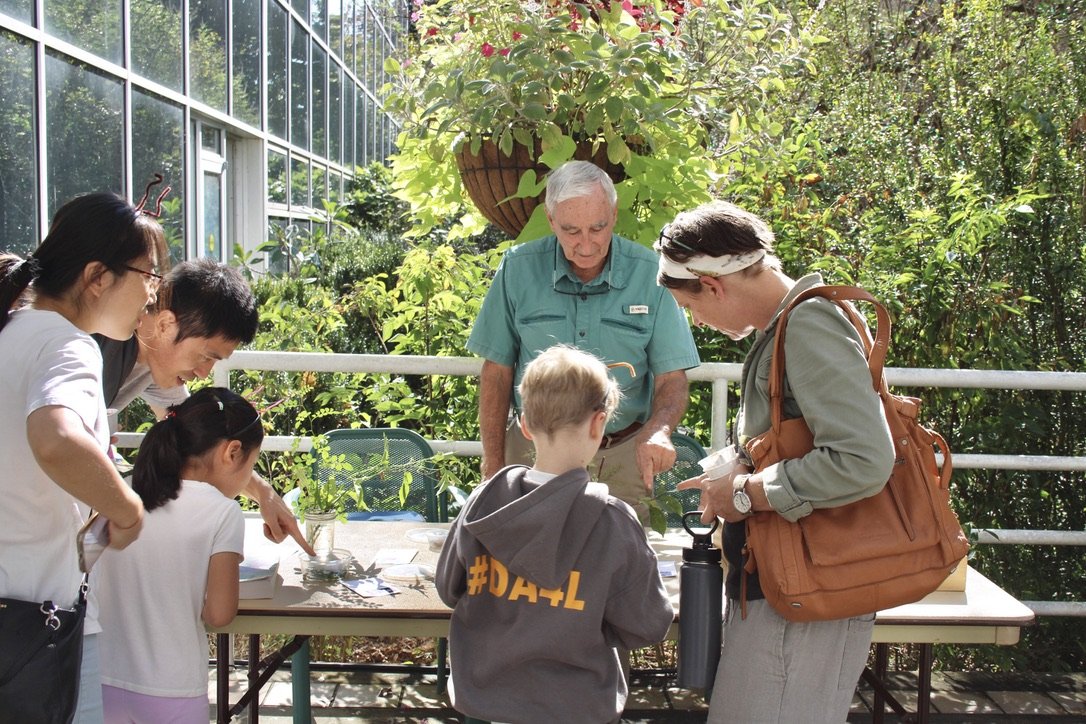
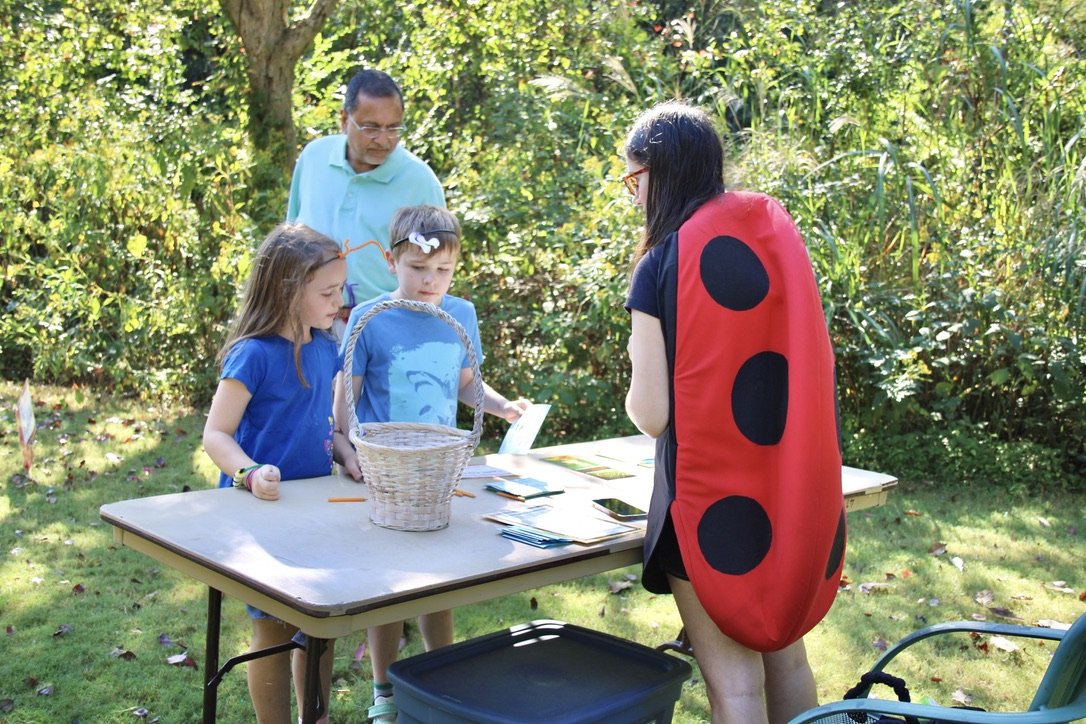
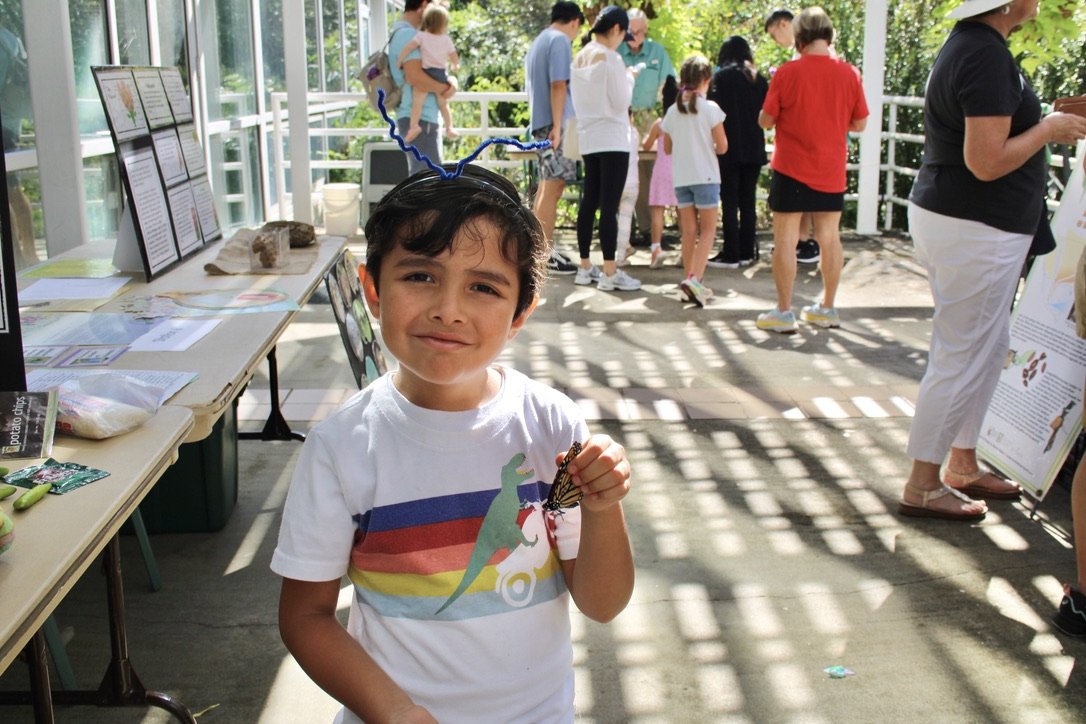
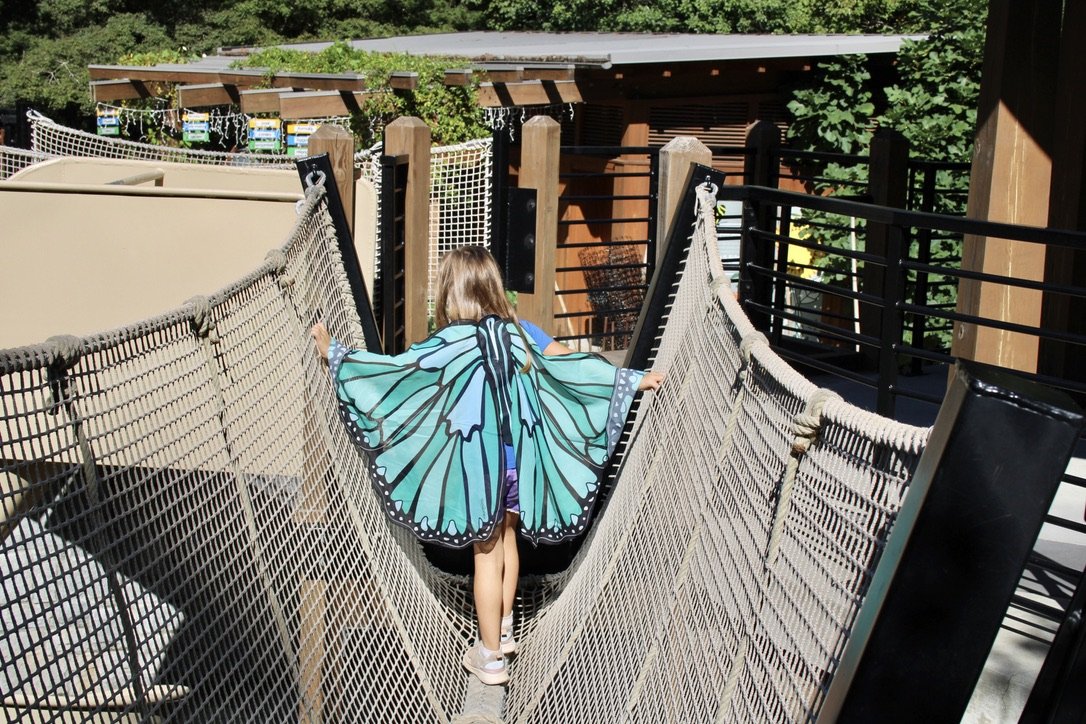
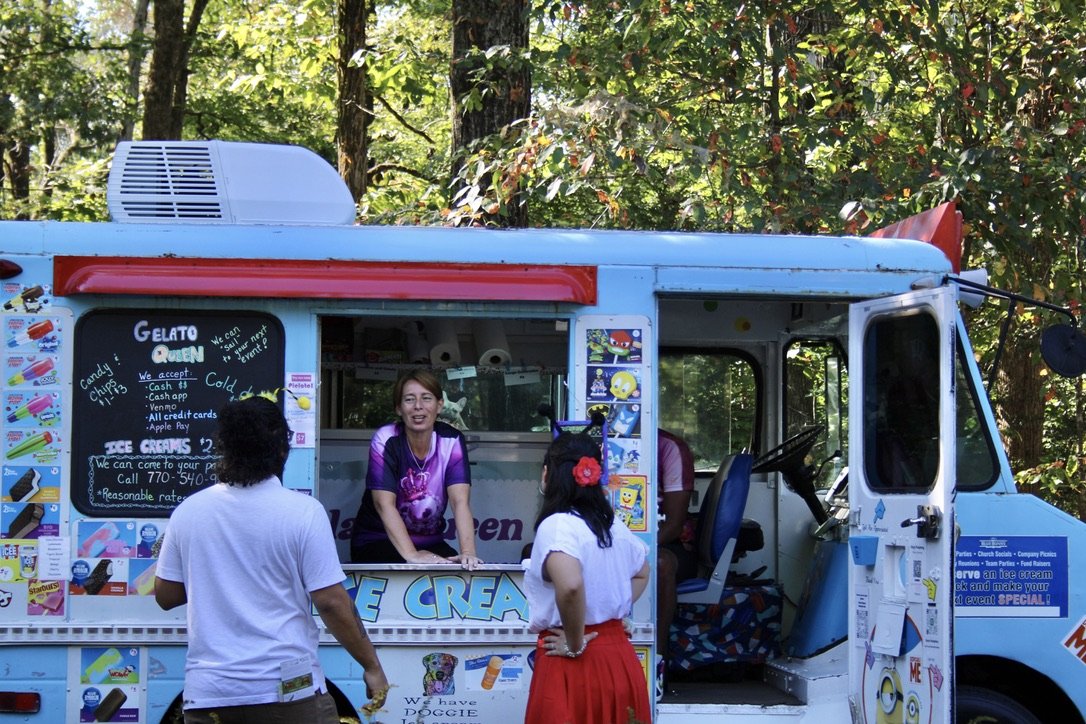
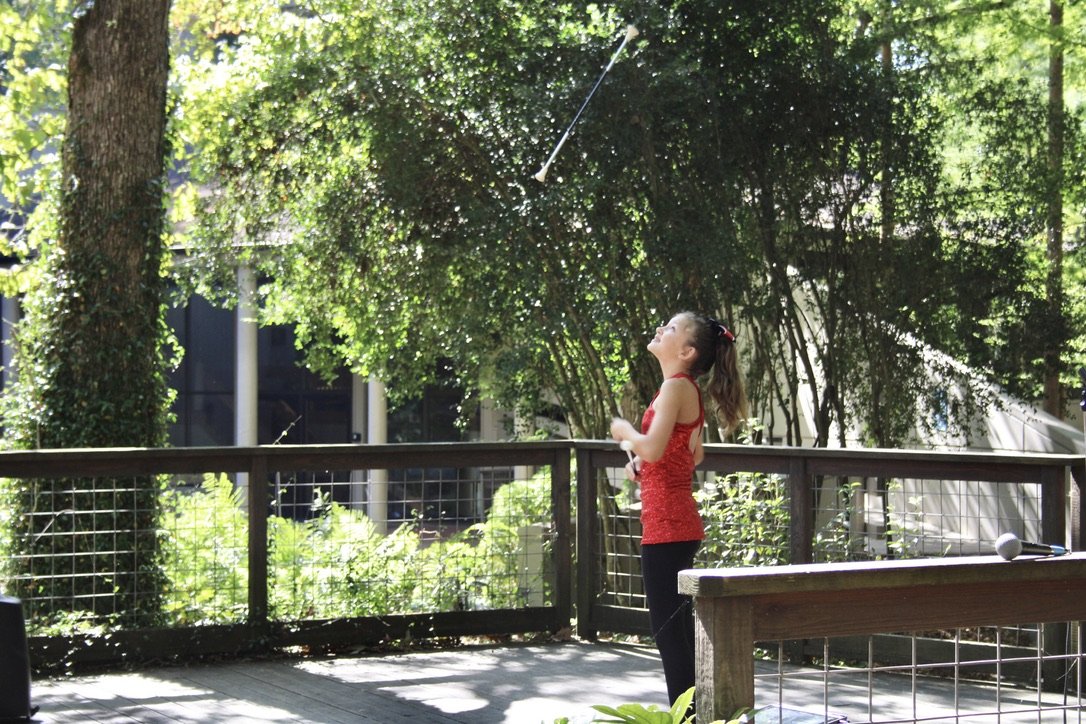
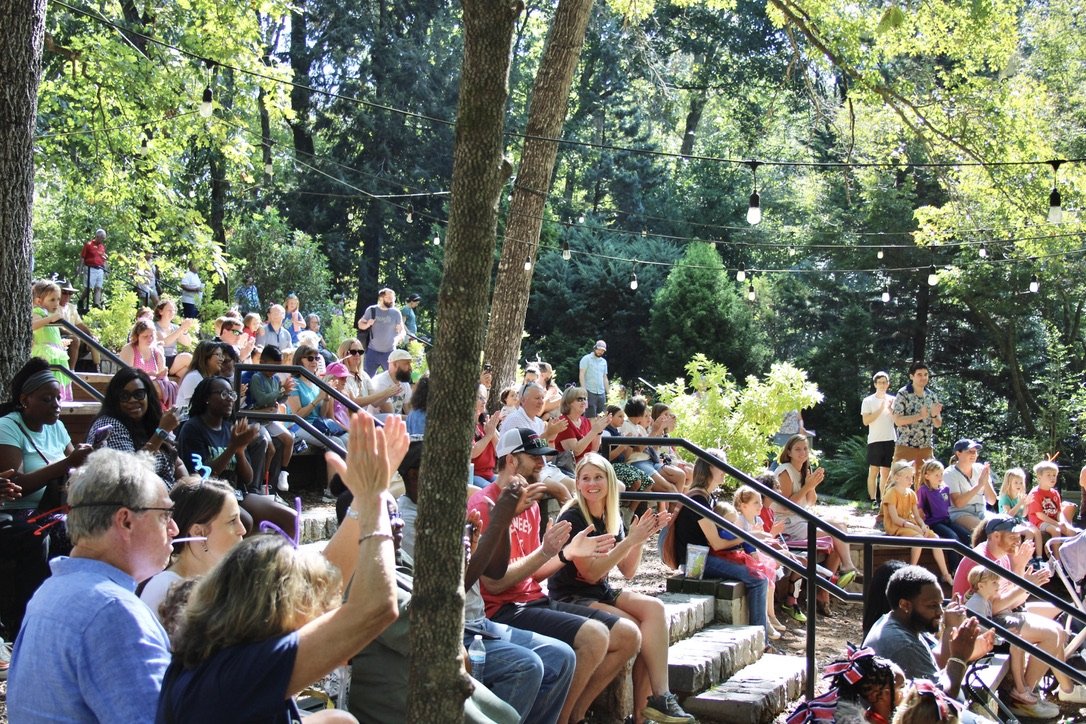
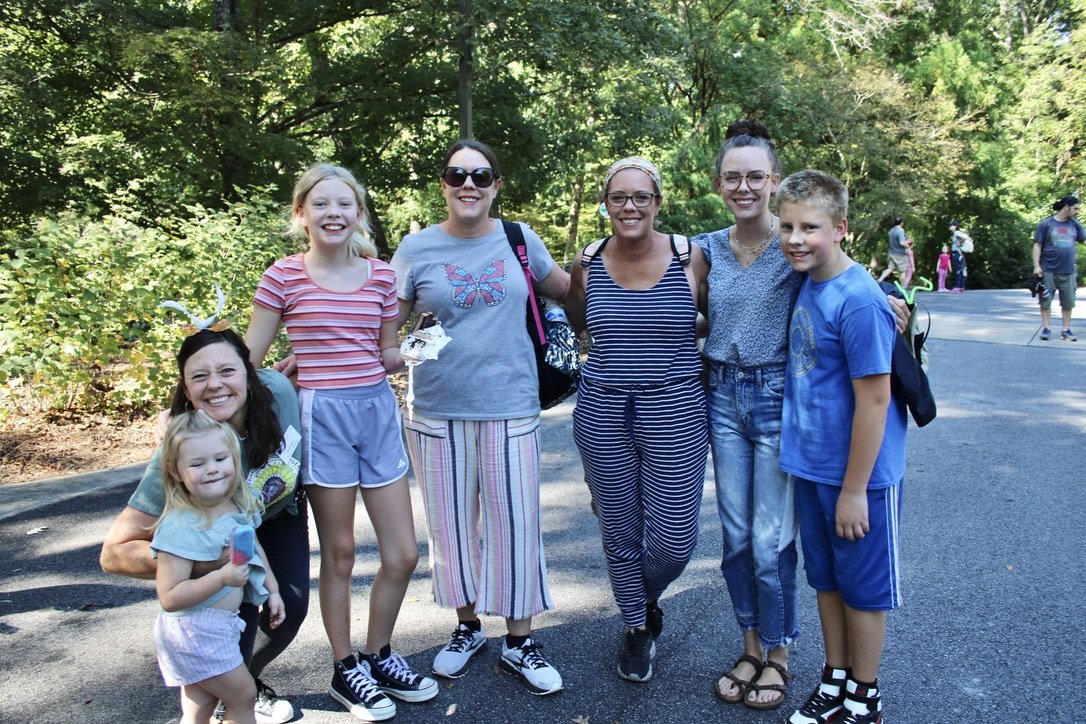
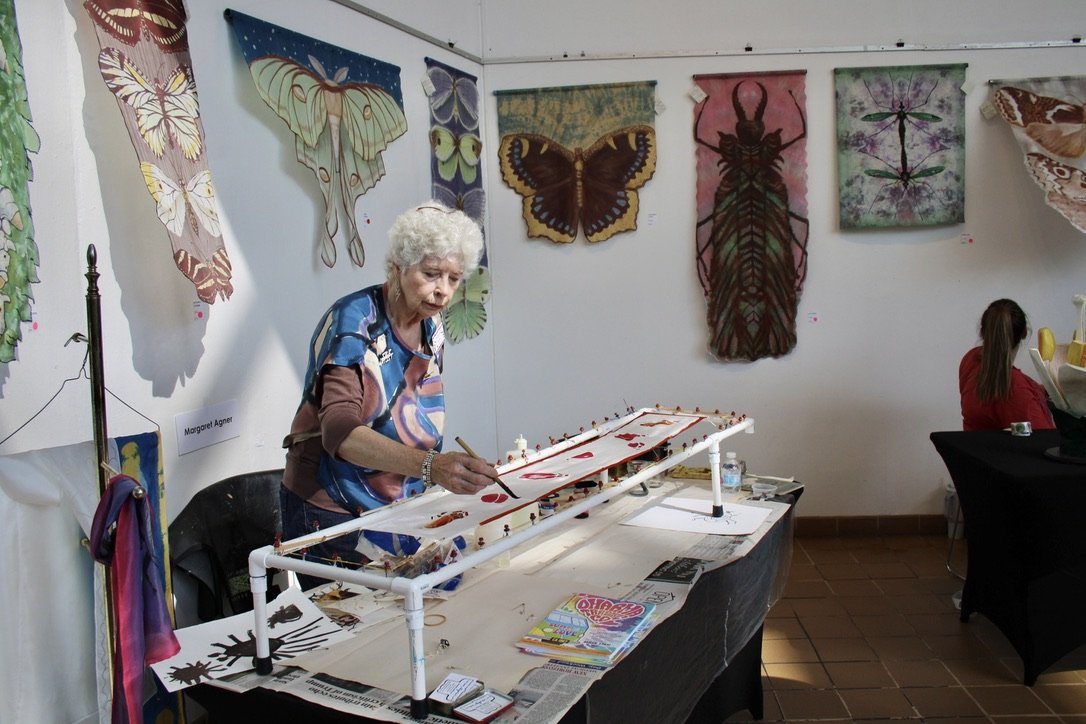
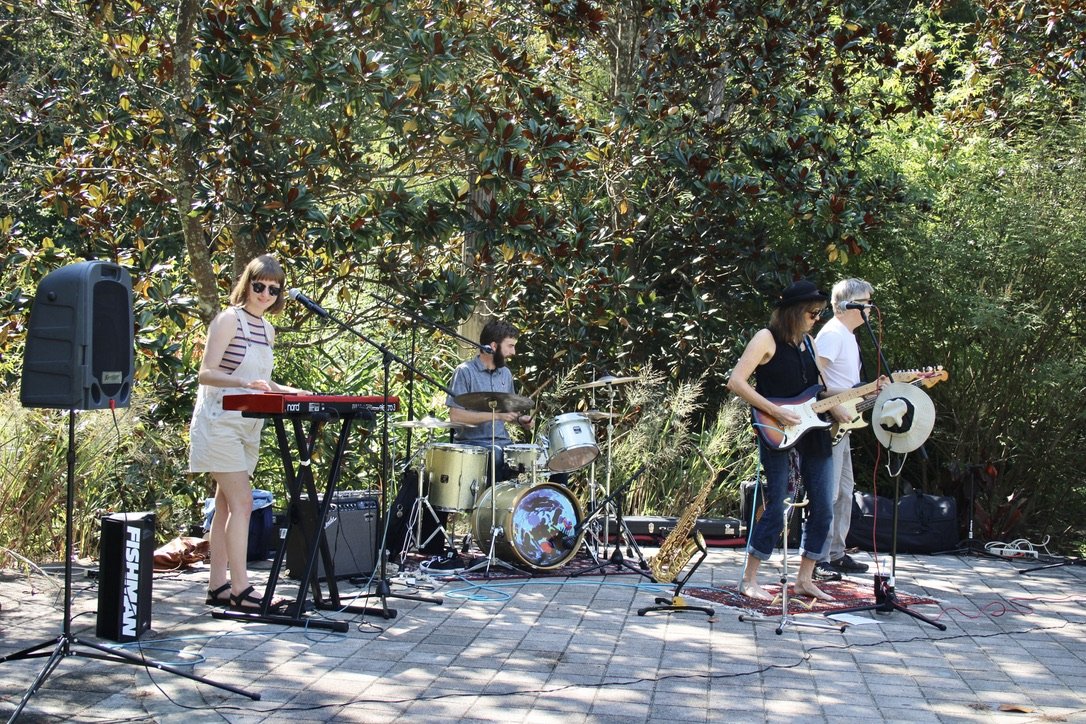
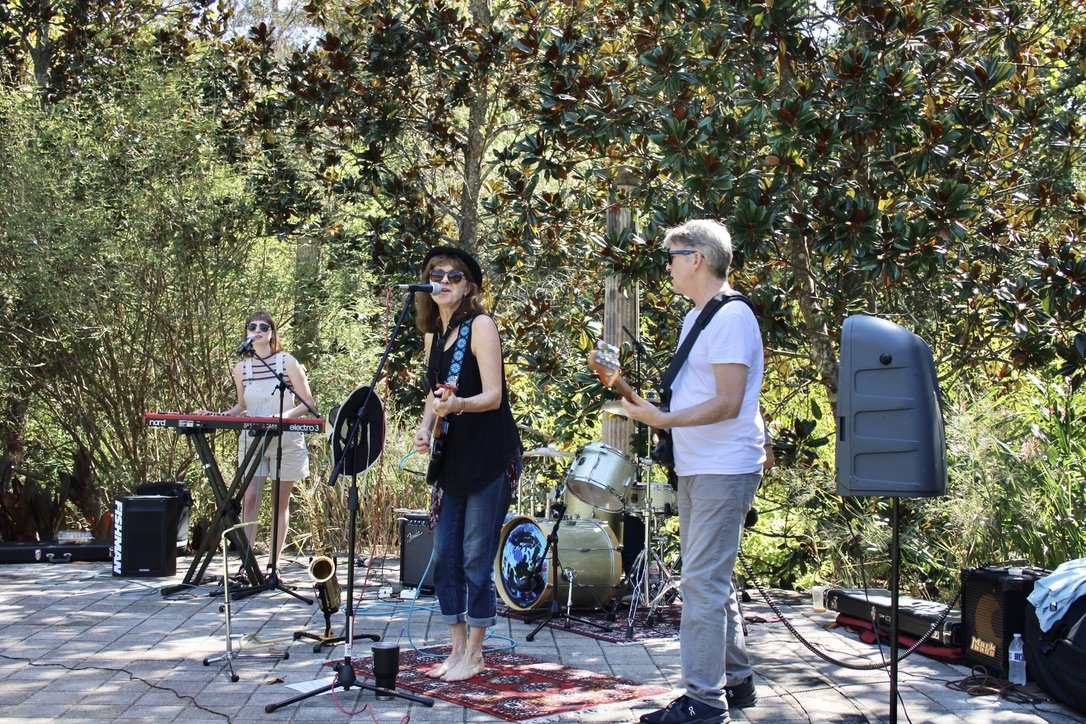
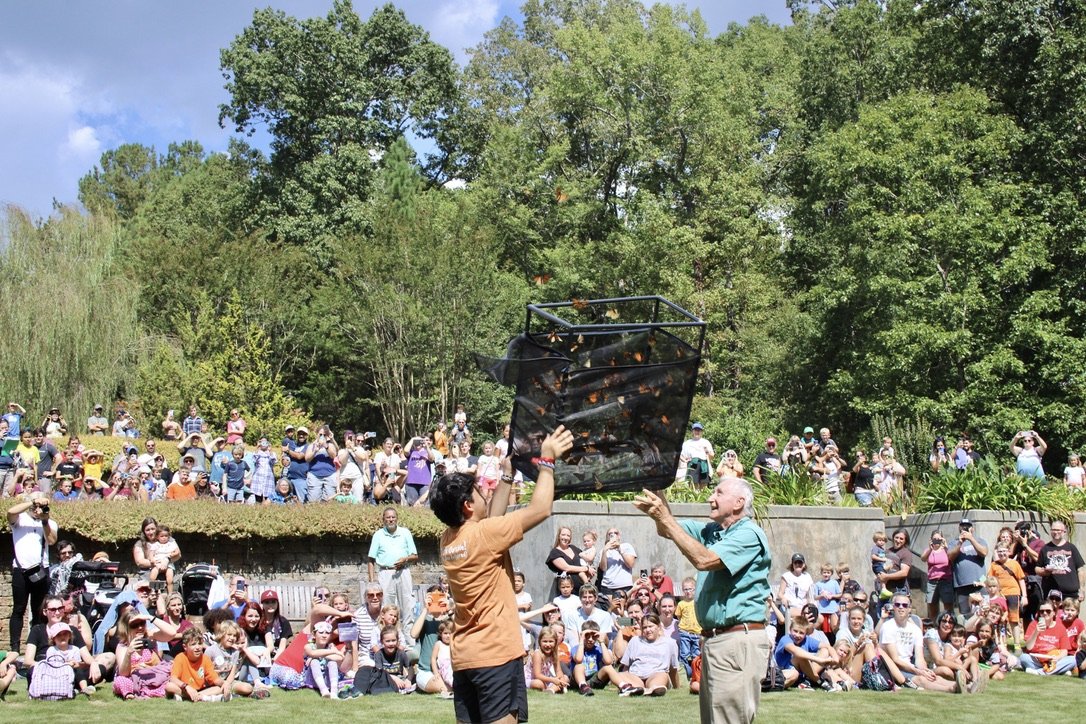
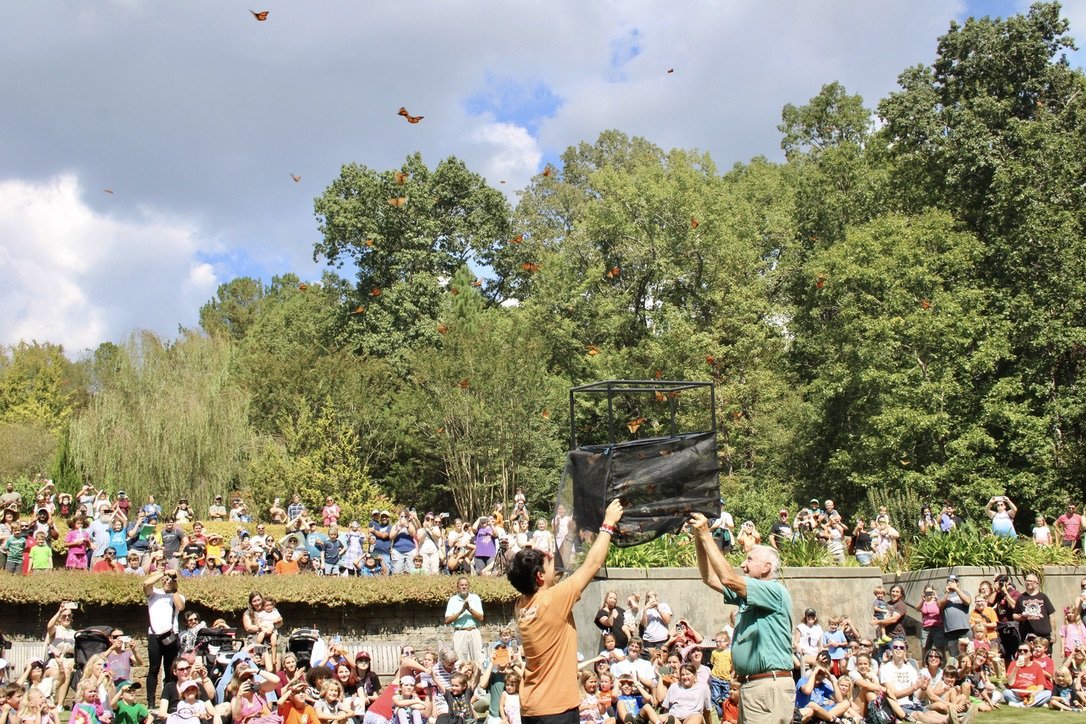
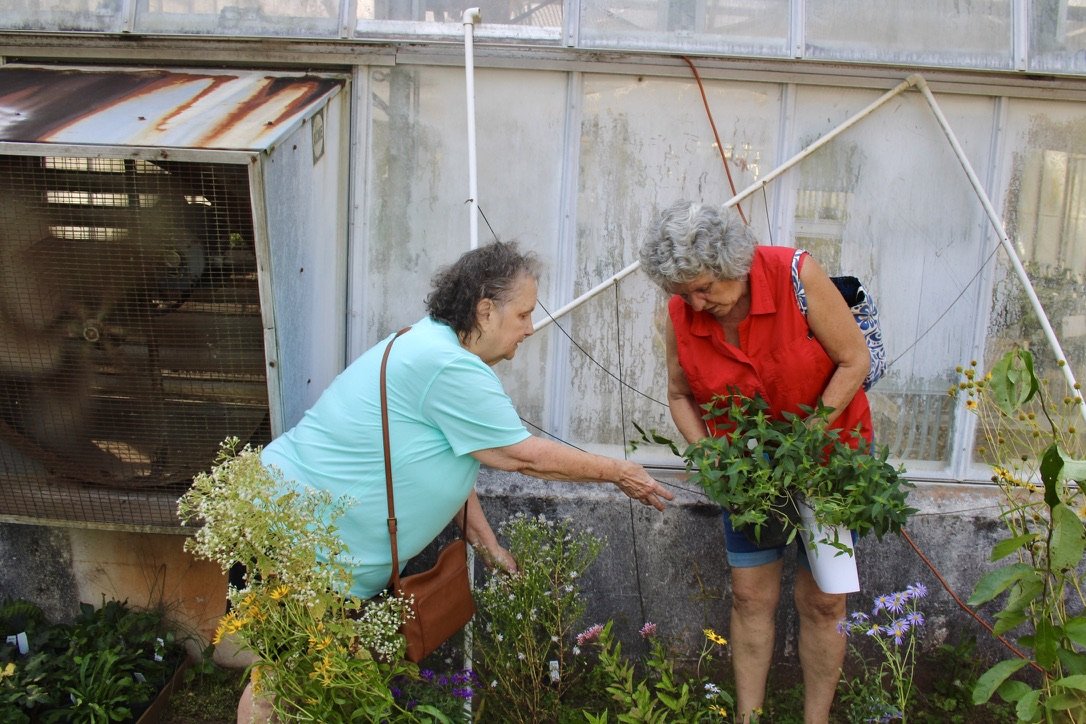
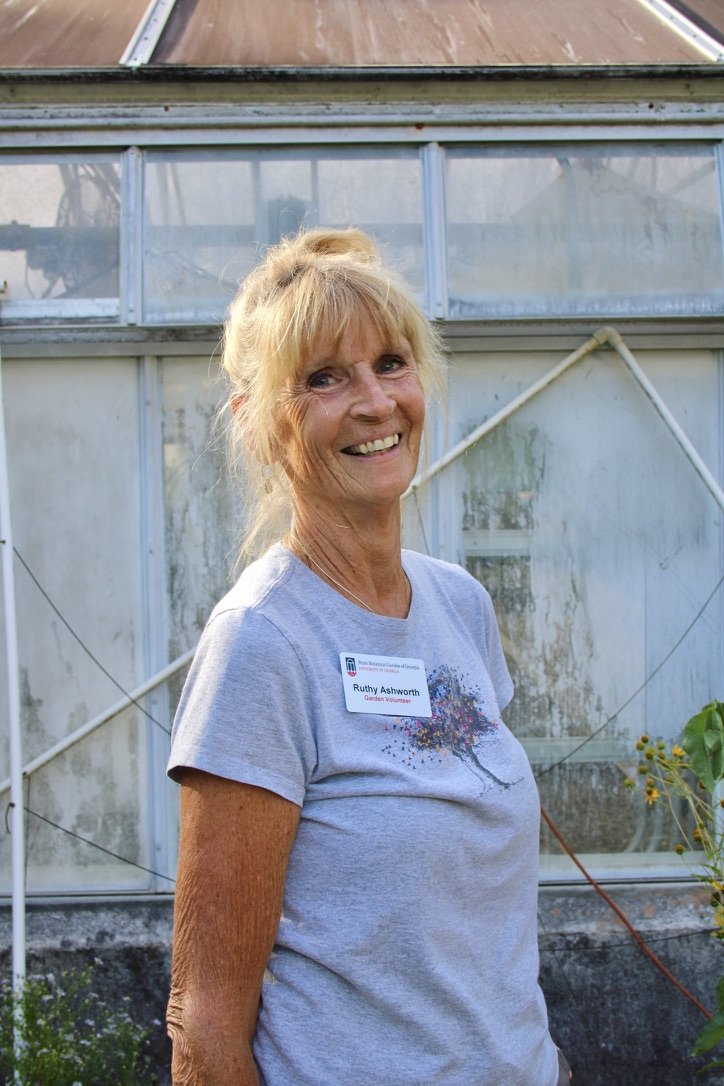
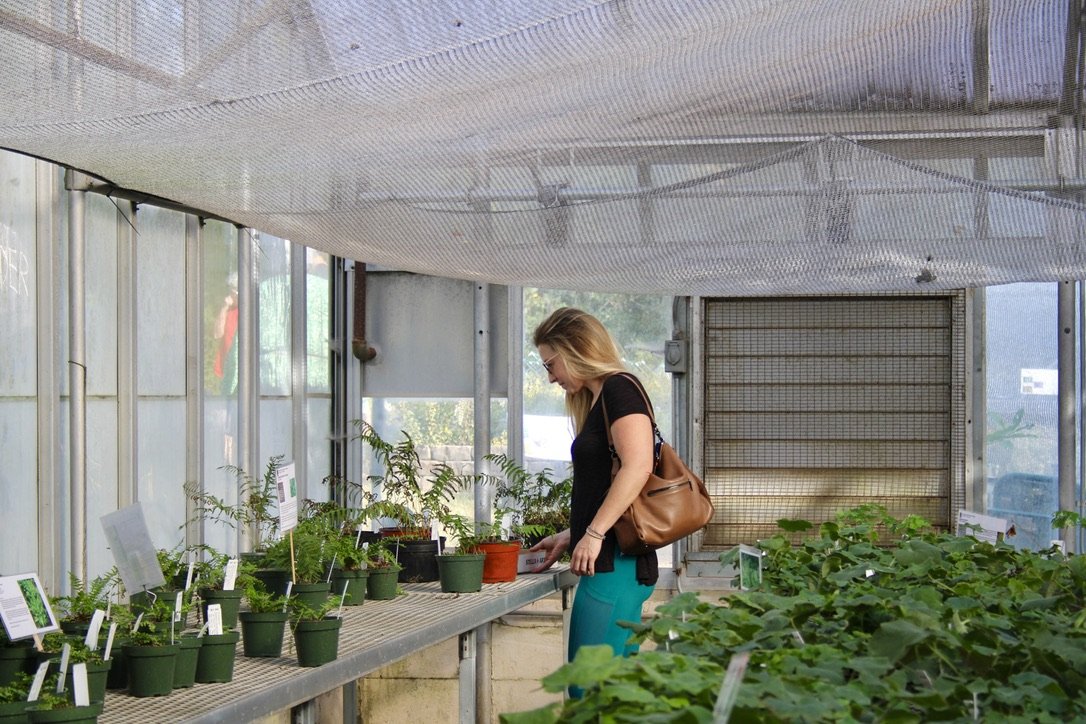
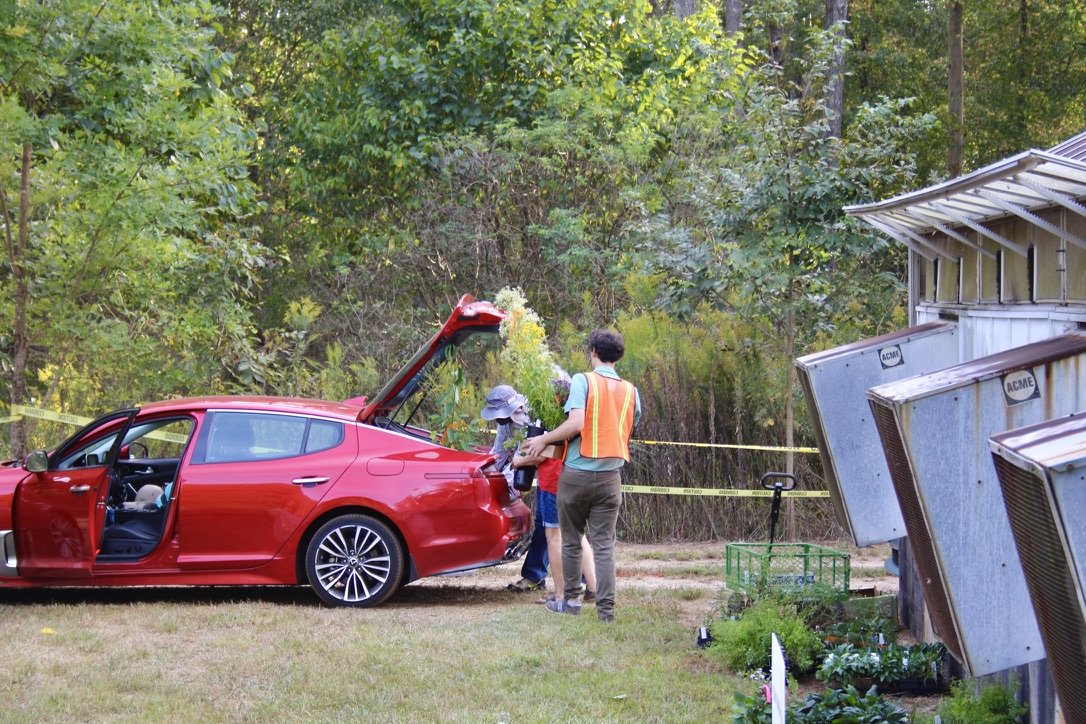
garden color stories
Using the photos I took at the Flower Garden, I created content for SBG’s Instagram Stories, building a specialized color palette from each photo. I utilized the University of Georgia brand kit while designing the templates.


































Undergraduate Coursework
The University of Georgia | August 2021 - Present
course: Public Relations Management
spring 2024
Throughout the semester, students researched a business in Athens, GA. After conducting a thorough situational analysis, groups prepared a strategic plan (seen below). The plan utilizes the GOST model, as well as incorporating a GANTT chart and following a strict budget to improve PR efforts for the business.
course: Public Relations Communications
fall 2023
Over the course of the semester, students were tasked with researching a brand in Athens, GA and assessing its PR efforts. The course culminated in creating a final portfolio (seen below) which discusses strategies to improve PR efficacy for the brand.
course: Journalism Reporting & Writing
spring 2023
Profile Story
André Gallant smiles in front of a banner for the Center on Human Trafficking Research & Outreach found in the CENHTRO office. Gallant, the director of communications for the research center, works to end human trafficking globally. (Photo/Kate Hall)
Gallant stands at his desk, working on creating informational brochures about human trafficking. Gallant’s work is used to educate people in less-developed countries about human trafficking in an effort to raise awareness and help them stay away from it. (Photo/Kate Hall)
André Gallant is standing on a street corner in Freetown, Sierra Leone, when inspiration strikes. Amidst motorcycles and cars noisily zooming by, he shoots a video of his coworker, from Sierra Leone, explaining how child trafficking occurs in the country, and how crucial it is to work together to put an end to it. Gallant returns to the United States, edits the video and shares it online. Before he knows it, his video is playing on national television three times a day for three months.
Gallant is the director of communications for the Center on Human Trafficking Research & Outreach at the University of Georgia. At CENHTRO, researchers collect data and implement it into programs to stop human trafficking worldwide, with a concentration in Africa.
Gallant’s expertise in communications allows him to directly make an impact on the lives of children who are either at risk of being trafficked or who have been trafficked in the past.
“We created this poster and this poster was used to help train like a couple 100 people like family members who were like, who use it every day to, to like inform their community about human trafficking and protect so it's like, like some little PDF I made was printed out and taken to a very remote village in Sierra Leone and used to train dozens and dozens of people,” said Gallant.
He then went on to explain that the education brought about from a seemingly simple poster allowed members of the village to become more aware of trafficking in their community, thus likely preventing a great deal of trafficking cases.
According to the U.S. Department of State, a study published by the International Labour Organization estimated that around 49.6 million people were in “modern slavery” in 2021. This statistic includes both forced labor and forced marriage.
Gallant explained that while this may be the case globally, trafficking looks very different in America, and many statistics misrepresent reality.
“I think it’s like it’s less about facts, and more about the myth, okay,” said Gallant, “I think really, when you actually look at human trafficking outside of the sensationalism, outside of how it’s been politicized in this country, human trafficking actually indicts us as humans.”
He explains how everything we enjoy in our society, such as phones, chocolate and clothes, are probably all sourced from child labor trafficking. Yet, hardly anybody talks about it.
Instead the focus is on sex trafficking, which Gallant says is entirely different than the way the media portrays it as kidnappings. He says that there is no data to back this up; rather, the sex trafficking problem in Georgia is most commonly the result of someone in a person’s close circle grooming them. Usually, groomers focus on vulnerable people, such as Black, Hispanic or LGBTQ youth.
He explained that poverty is the root of the problem both in America and worldwide.
“That's a deep rooted societal problem of exploitation and inequality, because it's happening to poor people, mostly people who are economically vulnerable. It's happening to people who society devalues, and then they first start to devalue themselves and make themselves even more vulnerable,” said Gallant.
These underprivileged people are the ones Gallant and the rest of the CENHTRO team are trying to reach with their efforts.
Umaru Fofanah, one of Gallant’s coworkers from Sierra Leone, discussed what an asset Gallant is to the team, saying “He's somebody that is very innovative, very creative and thinks outside the box, is somebody that is very much, he supports and gives his all.”
Gallant hopes to use his knowledge and experience to leave behind a legacy in which he can establish guidelines for those who follow in his high-stakes field of work.
Topics: Human trafficking, Sierra Leone, Africa, Child labor, Center on Human Trafficking Research & Outreach
Mayor Press Conference Coverage Story
Mayor Girtz discussed plans for redevelopment of the Georgia Square Mall at a press conference held at the University of Georgia Friday. Girtz explained that if the plan is not approved at a meeting in March, developers must resubmit the plan. (Photo/Kate Hall)
The proposed redevelopment of the Georgia Square Mall may not happen. A vote on March 7 will determine if the $589 million project gets approved.
The project is getting its final shot at a meeting in which a Mall Area Redevelopment Committee, made of Athens-Clarke County Commissioners and School Board members, will vote and determine if the proposal is approved or if the developer must resubmit the application.
Athens-Clarke County Mayor Kelly Girtz held a press conference Friday discussing the prospects of the redevelopment.
“I don’t want to have my name attached to a gravel pit on Atlanta Highway,” said Girtz.
The redevelopment would turn the once-lively mall into a mixed-use development featuring shops, trails, a central green space, a transit station and 1200 homes, 10% of which would be permanently affordable.
The project would be “high-quality,” as Girtz called it, so that it would not need to be redone in a few decades.
“This is going to create a new West Side, town center environment that's going to stand the test of time for a century that we're not going to have to go and redevelop,” said Girtz.
The ACC government would put in $189 million, with the developer pitching in $400 million.
In order to obtain the funds needed, the redevelopment plan involves a partnership with the Clarke County School District by means of a Tax Allocation District. The TAD allows new tax revenue to be used in the redevelopment project so that the project is more financially attainable.
The mayor said that this partnership will be extended until 2052 once an Intergovernmental Agreement is amended.
Girtz also addressed the sustainability of the project.
The proposal includes plans for greenspace preservation. ACC has sustainability commitments in place, and the mayor explained that measures will be taken in the mall redevelopment to help lessen the impact of climate change.
“What we've been able to do is preserve lots of green space and create lots of trees. Of course we know in this time of climate change, the better our tree canopy, the more that we're supporting air, water and the ground beneath our feet,” said Girtz.
The mall area redevelopment plan will be voted on at a public input session on March 7.
Topics: Redevelopment plan, ACC Government, Georgia Square Mall, ACC Mayor
Event Coverage Story
Assistant Manager Niki Jones explained that there was a misunderstanding about the roles and responsibilities of the Athens Cultural Affairs Commission at a meeting Monday. The explanation was met with expressions of confusion and frustration from members of the commission. (Photo/Kate Hall)
The Athens Cultural Affairs Commission voted to authorize a proposed funding plan Monday. The vote was unanimous. (Photo/Kate Hall)
Tensions ran high Monday as Assistant City Manager Niki Jones led a conversation about the roles and responsibilities of the Athens Cultural Affairs Commission to spend money. Jones informed the ACAC that per the bylaws, they were not allowed to enter into contracts– something the commission had already been doing.
Jones quickly assured the commissioners that no legal action would be taken, but he recommended that they give their monetary power over to the Leisure Services department.
“We have a lot of things that we’ve accomplished and we really don’t want all of that stuff being thrown away. And, you know, I’m a little upset,” said Helen Kuykendall, ACAC Chair. “I don’t feel that proud right now.”
As Jones stood in front of the commissioners and explained the discrepancies between the ACAC bylaws and the commission’s actions, there was visible frustration among the rest of the commissioners.
Victoria Prevatt, set to become the next ACAC Chair, expressed her concerns.
“So, I think we want to do the right thing, but when can we get that training and how do we proceed?”
Prevatt, along with several other commissioners, said that the lack of awareness of funds came from a lack of training and guidance on the bylaws.
“This is not about, you know, scolding or telling folks that you’re doing it wrong. It’s not what it’s about. It’s about just fixing the process,” said Jones, reassuring the commissioners that he was just a messenger.
The Athens Cultural Affairs Commission’s responsibility is to advise the Athens-Clarke County Unified Government on matters of art, culture, and aestheticism in the county.
The bylaws explain that “advising” means that the ACAC must recommend projects to the Mayor and Commission, who can approve or deny these recommendations. As Jones clarified at the meeting Monday, the ACAC cannot spend funds or enter into contracts on its own.
Assistant Manager Jones will provide a written description of where the ACAC budget is and attend the April meeting to witness the commissioners’ final vote on whether to transfer the budget to Leisure Services.
After the Assistant Manager concluded the roles and responsibilities conversation, the commissioners moved onto the rest of the agenda. The discussion included:
Proposing a budget for the spending for the rest of the fiscal year
Distributing funds between various projects, such as rebuilding the ACAC website, creating signs for bus stops and creating a public information video
Explaining plans for April’s Poetry Month festivities, featuring performances by a poet laureate
Voting to unanimously approve the final proposed funding authorizations
Acknowledging Kuykendall’s final meeting as Chair and thanking her for her time in the ACAC
Topics: ACAC, ACC Government, Athens Art, Athens Cultural Affairs Commission

























































